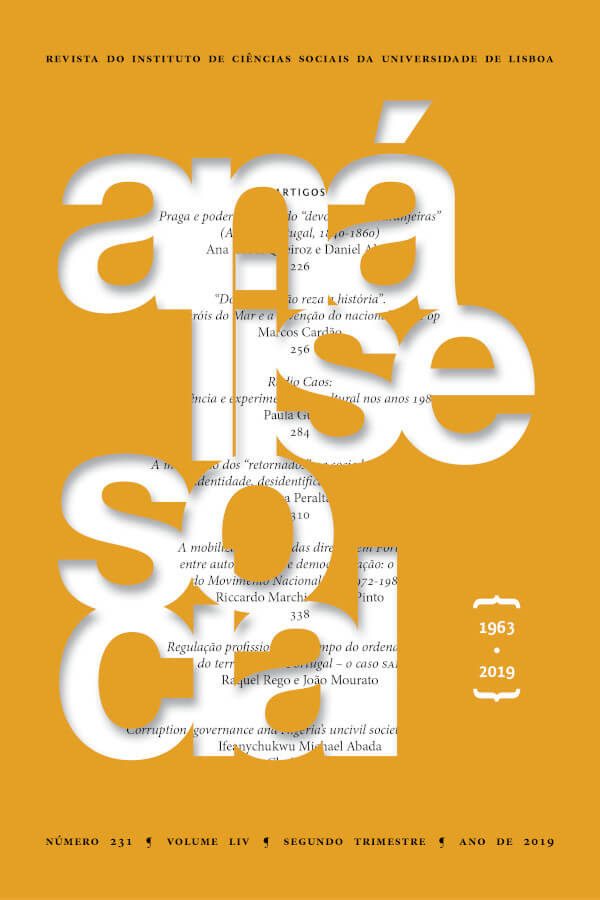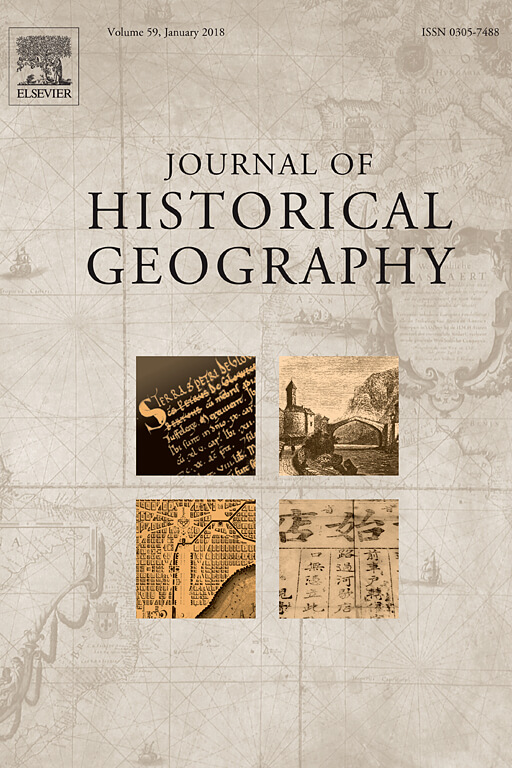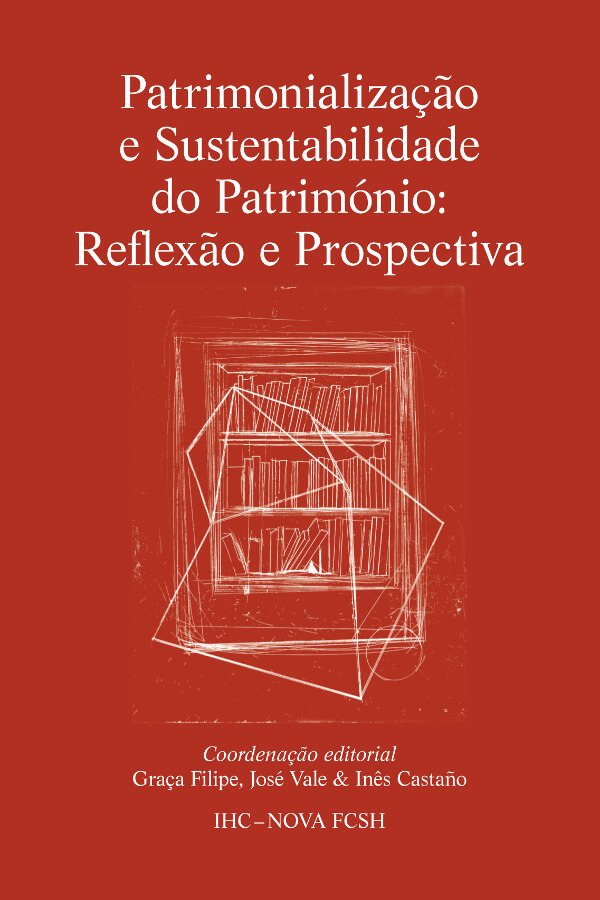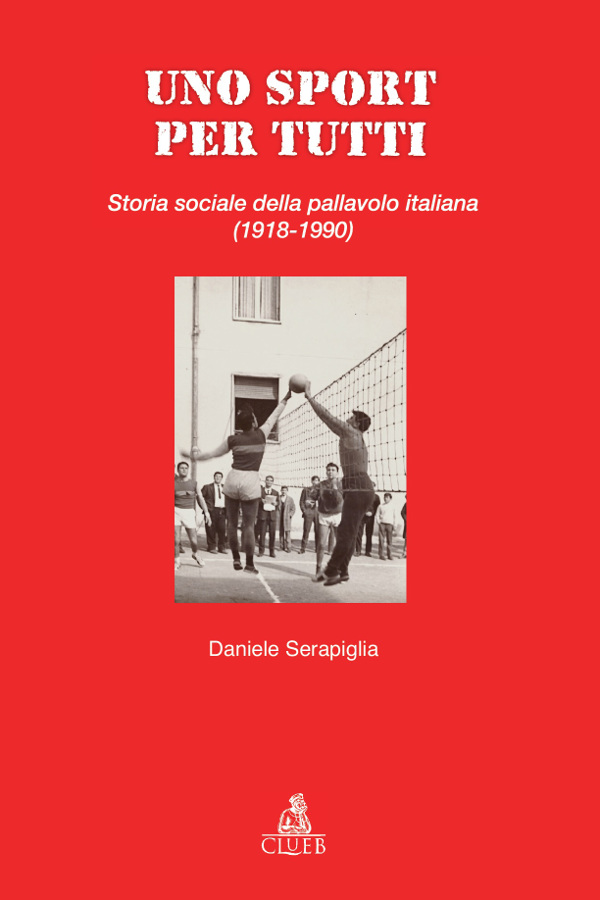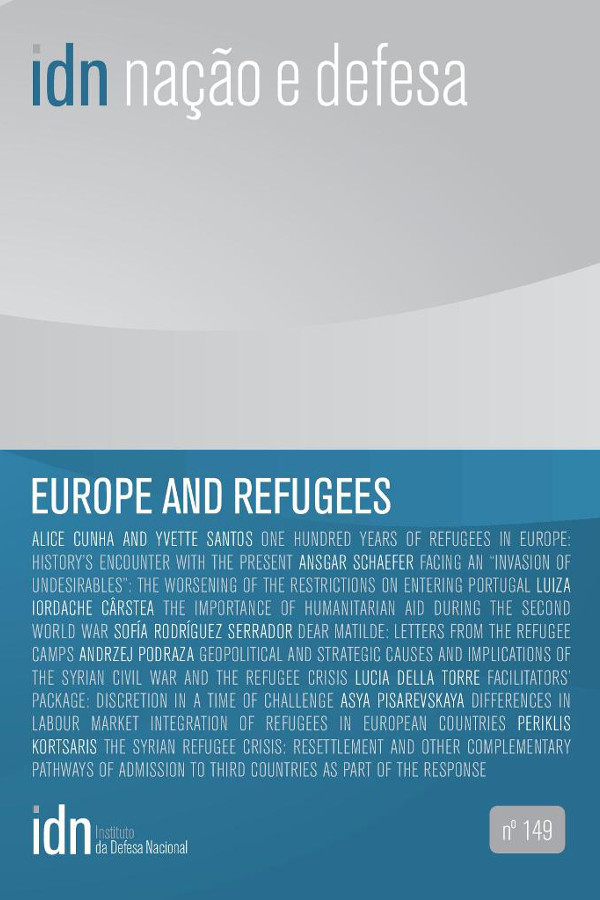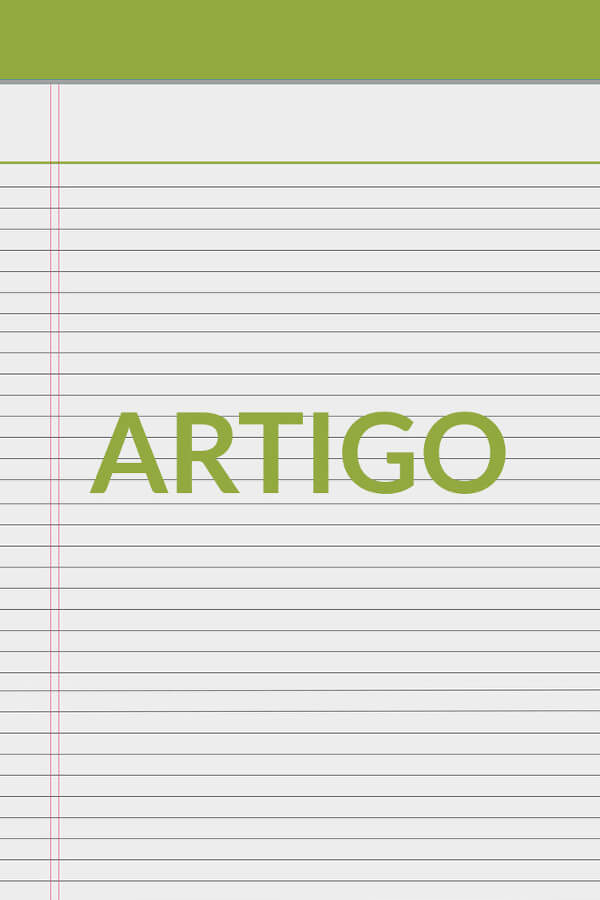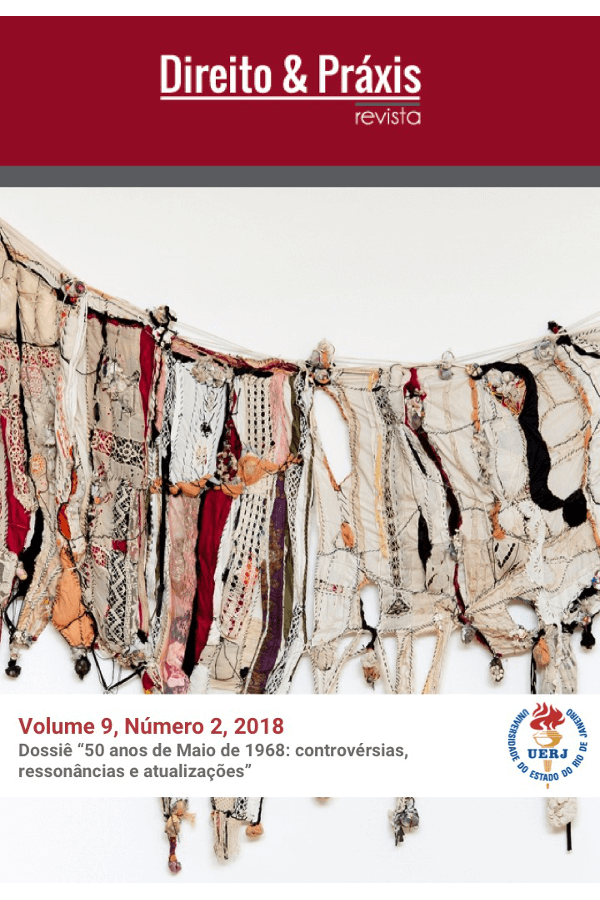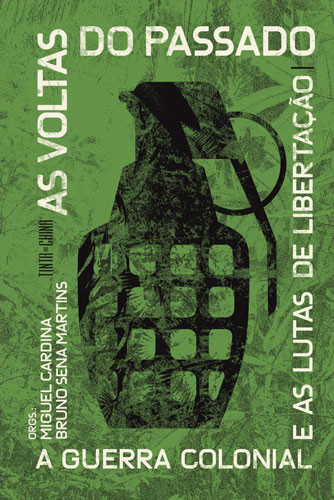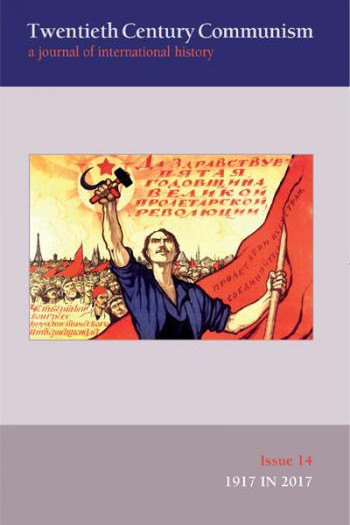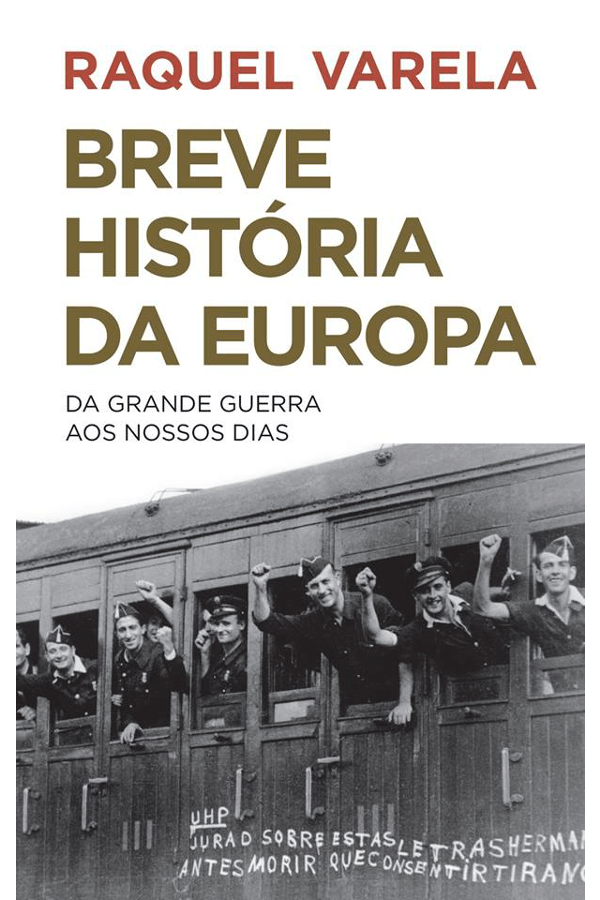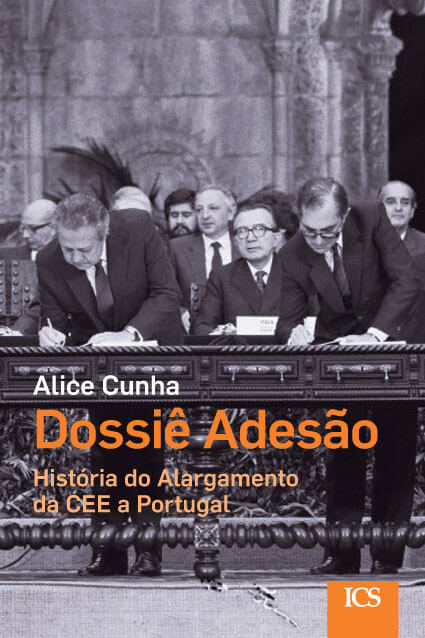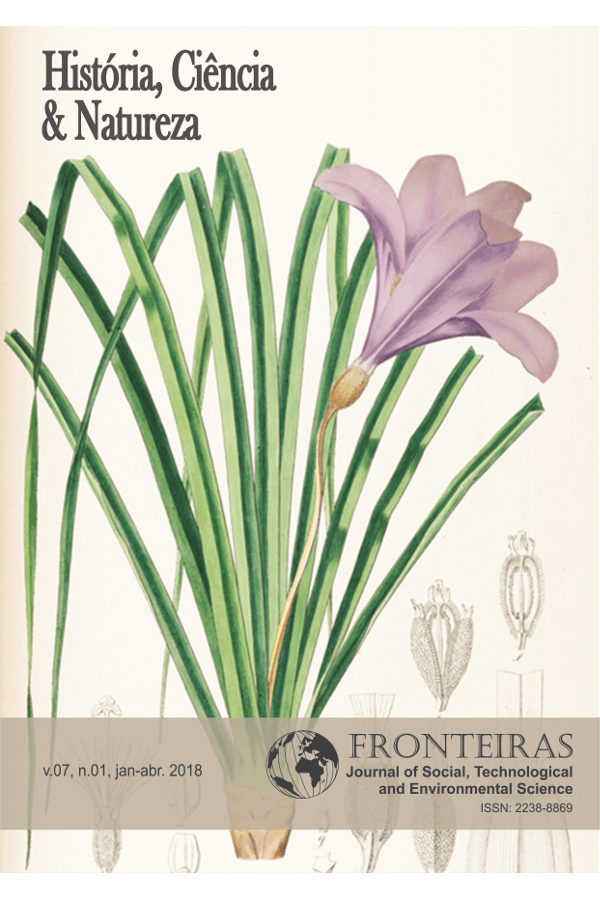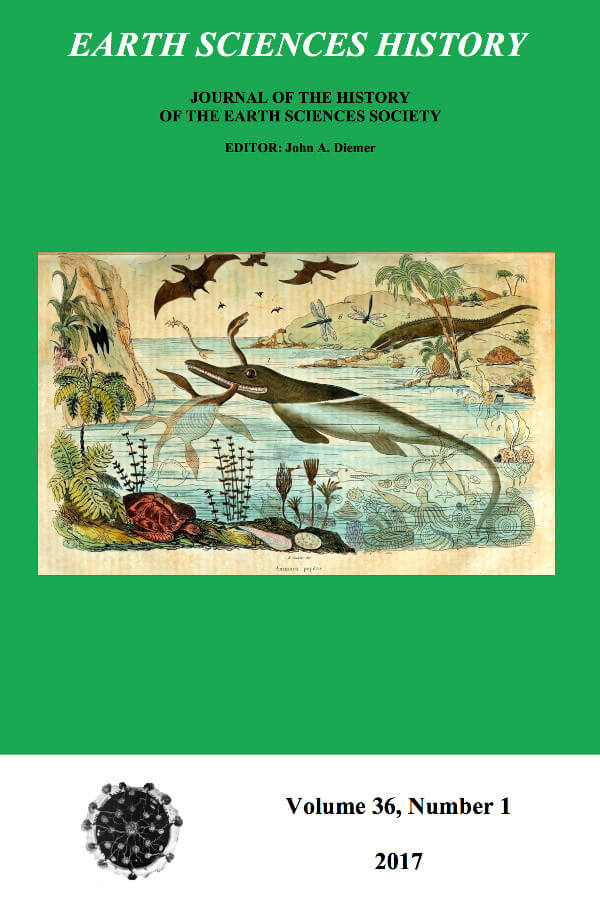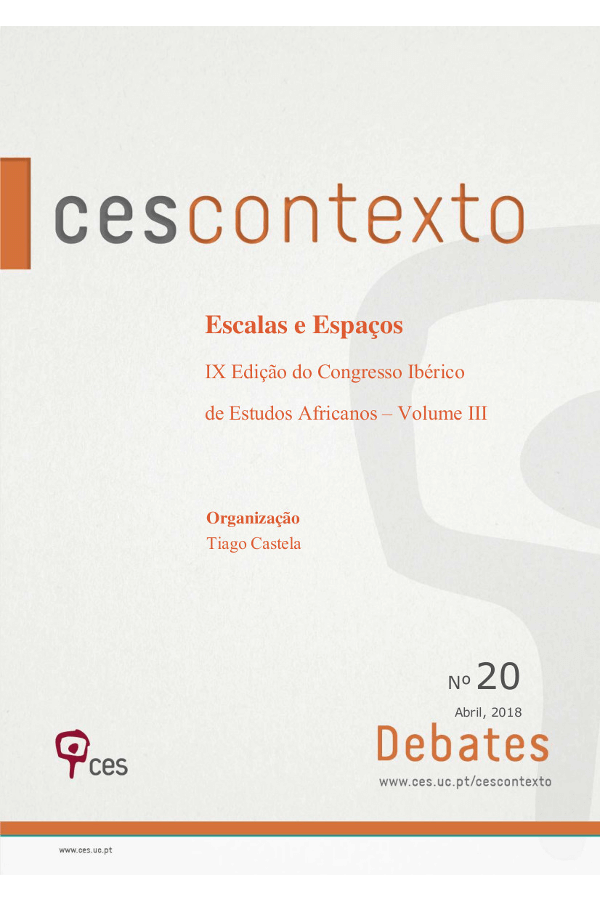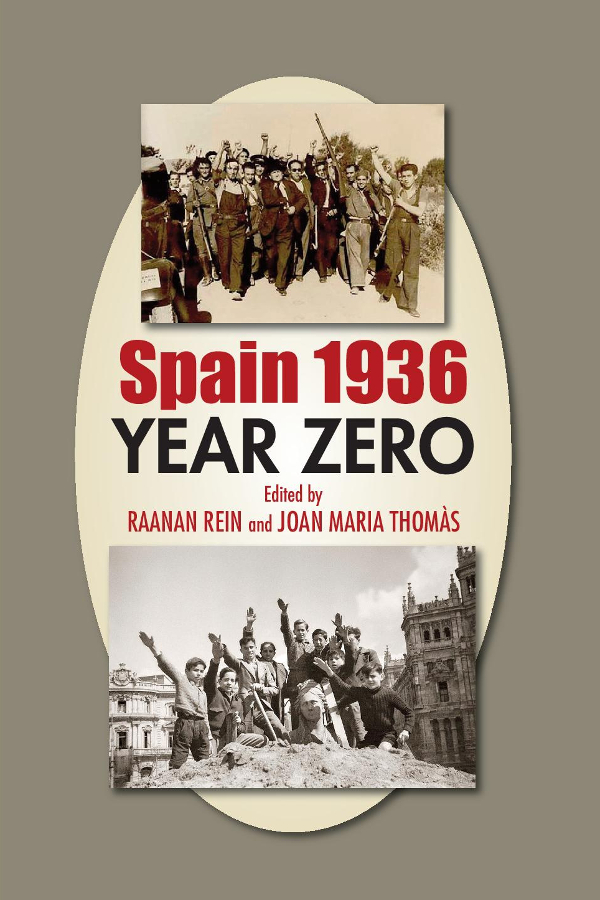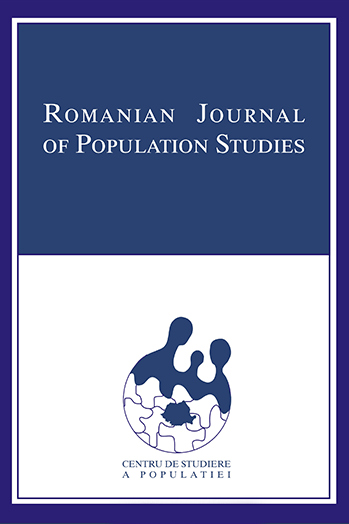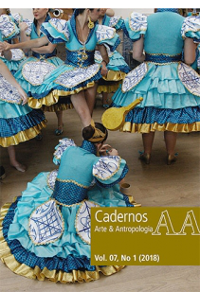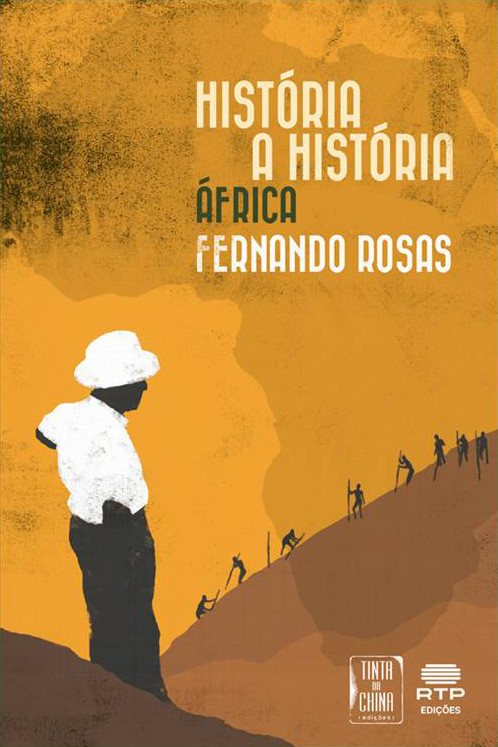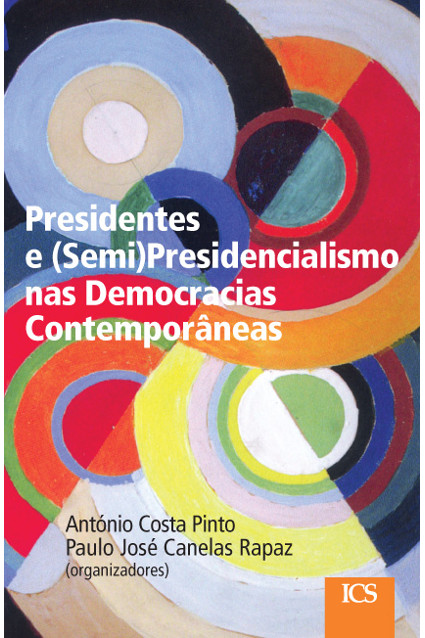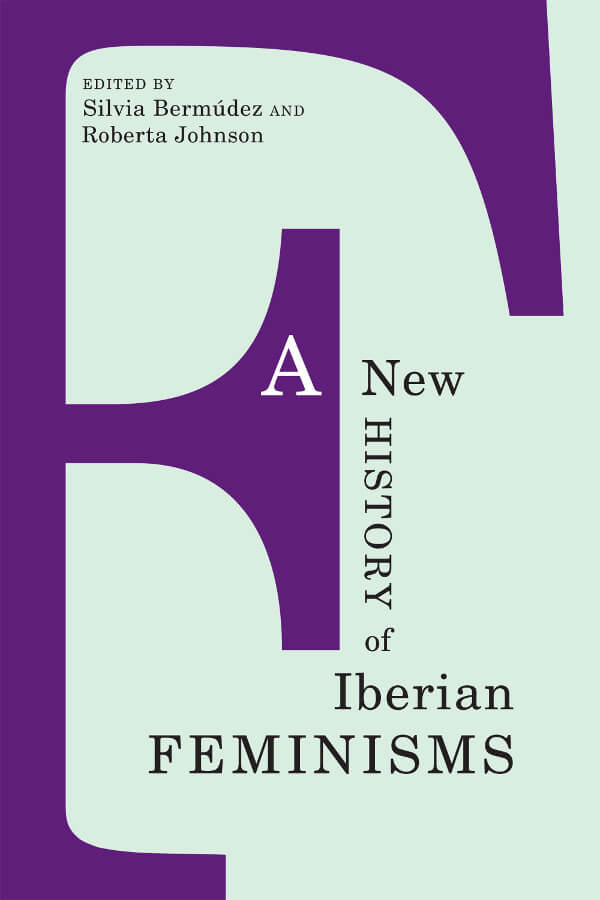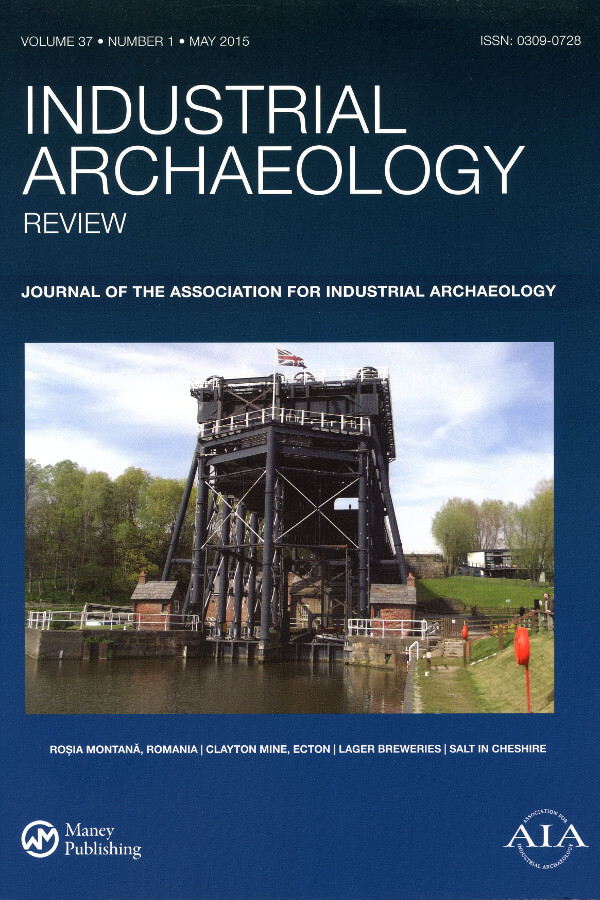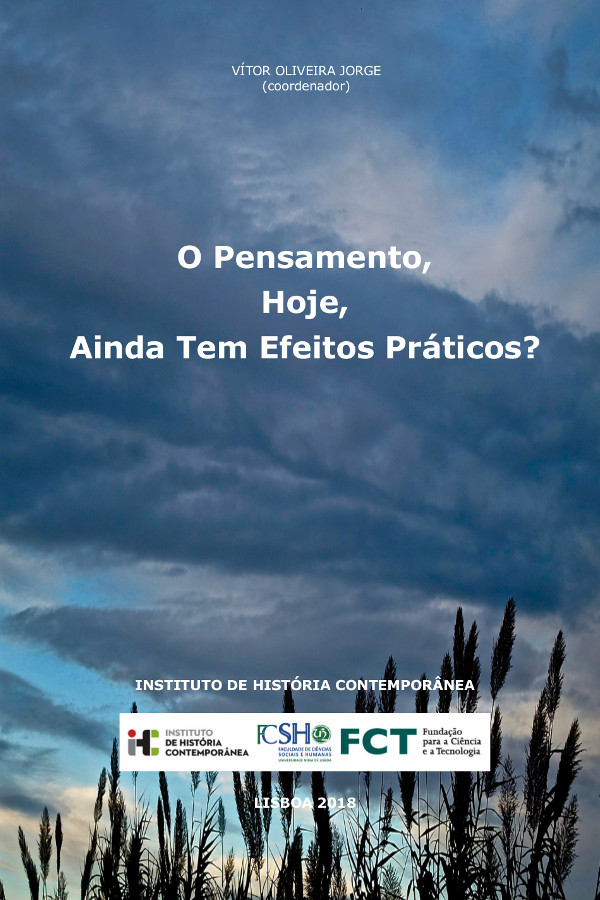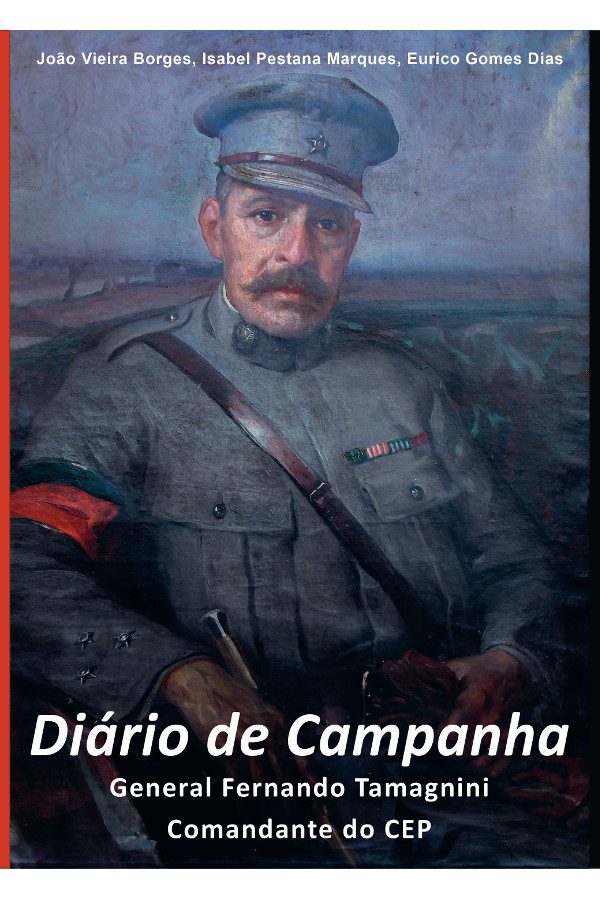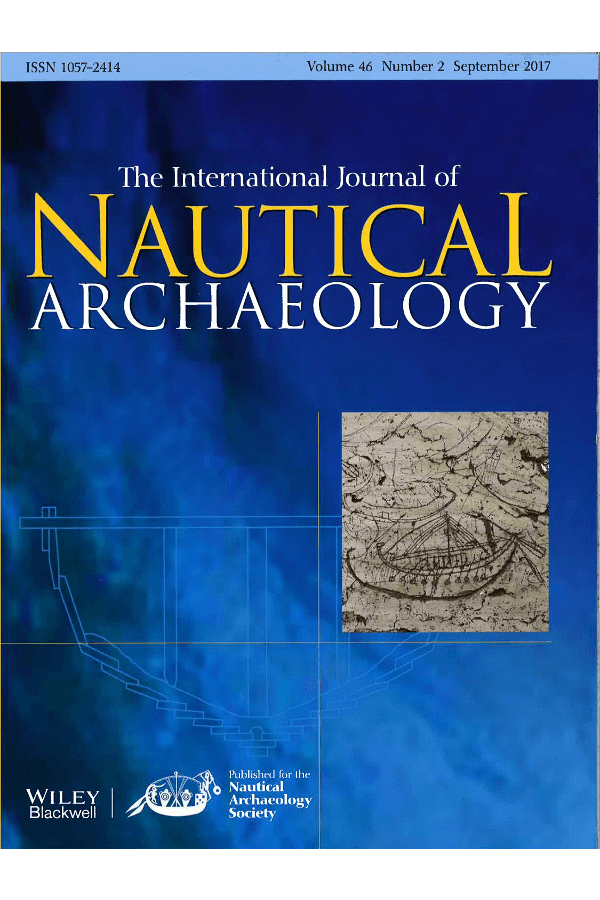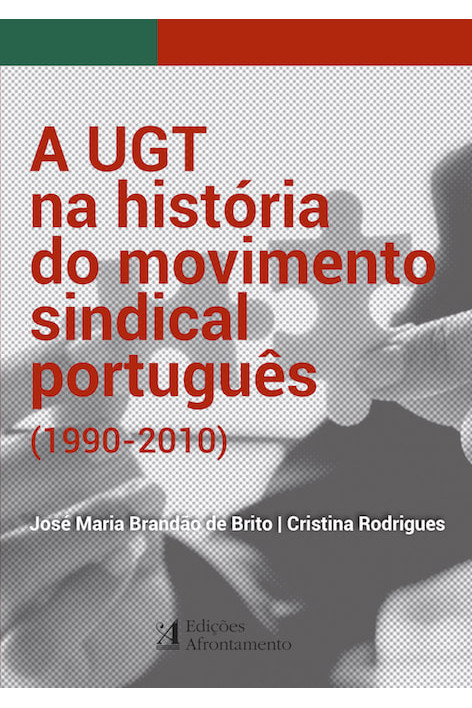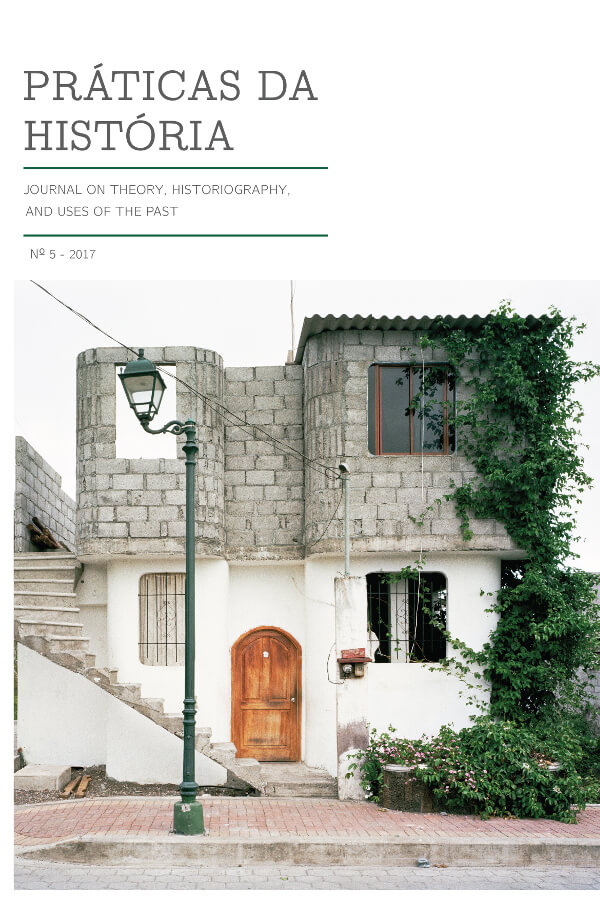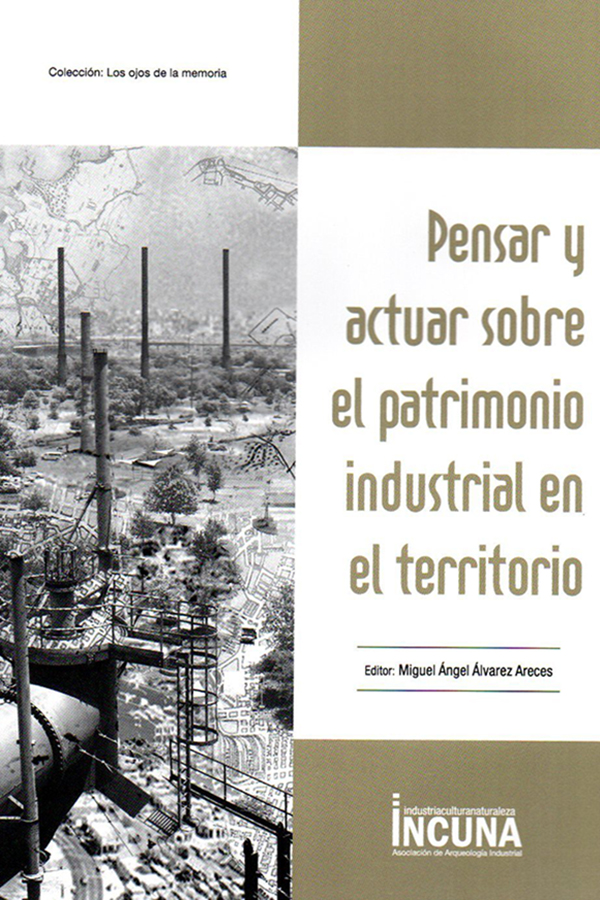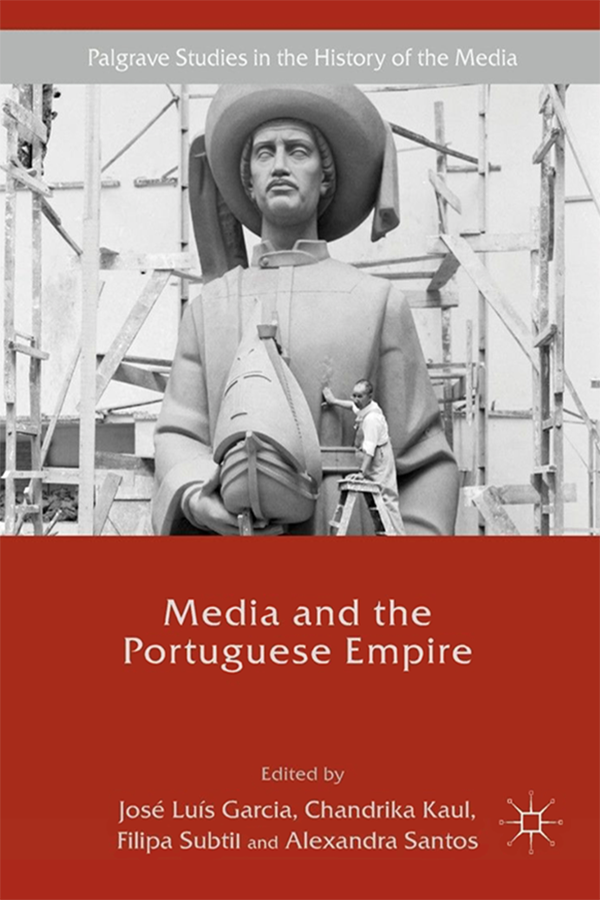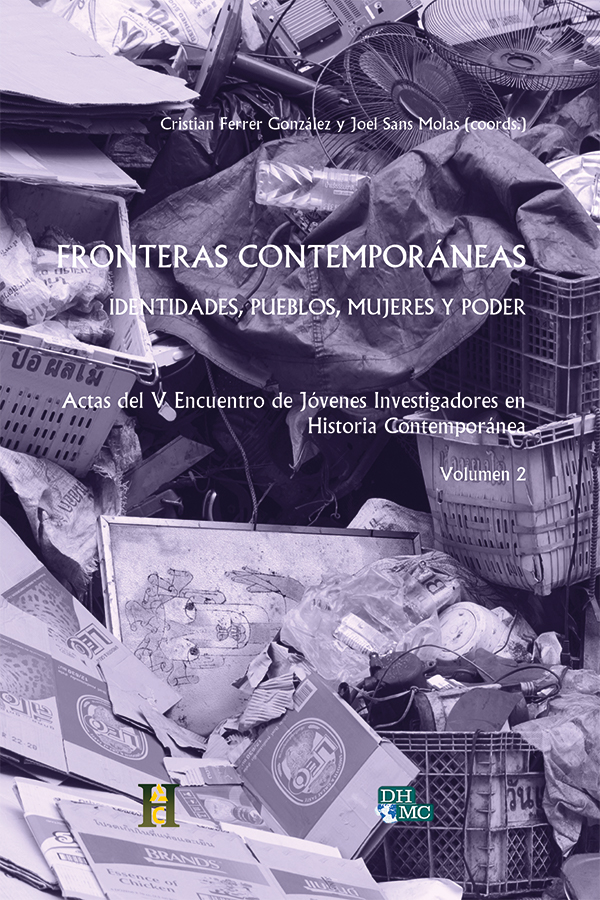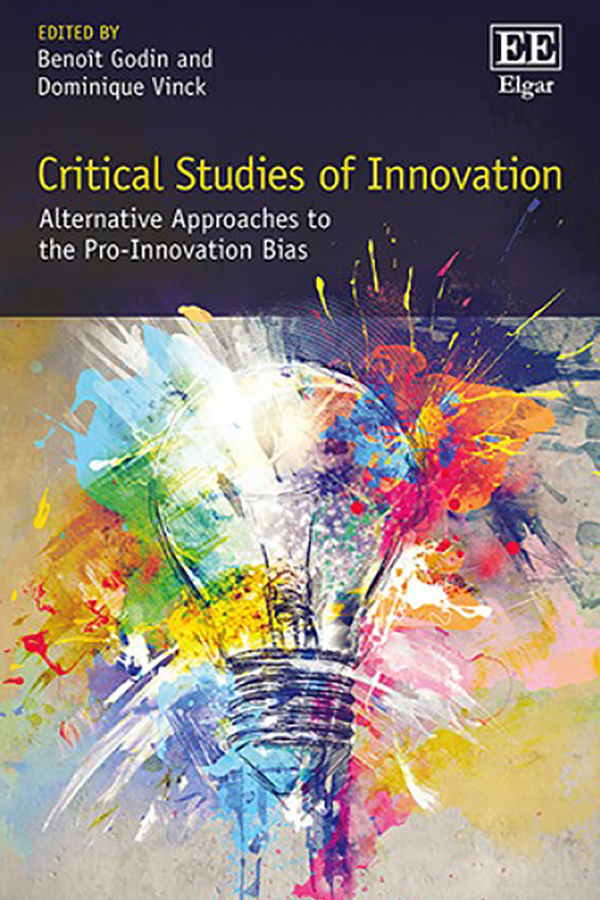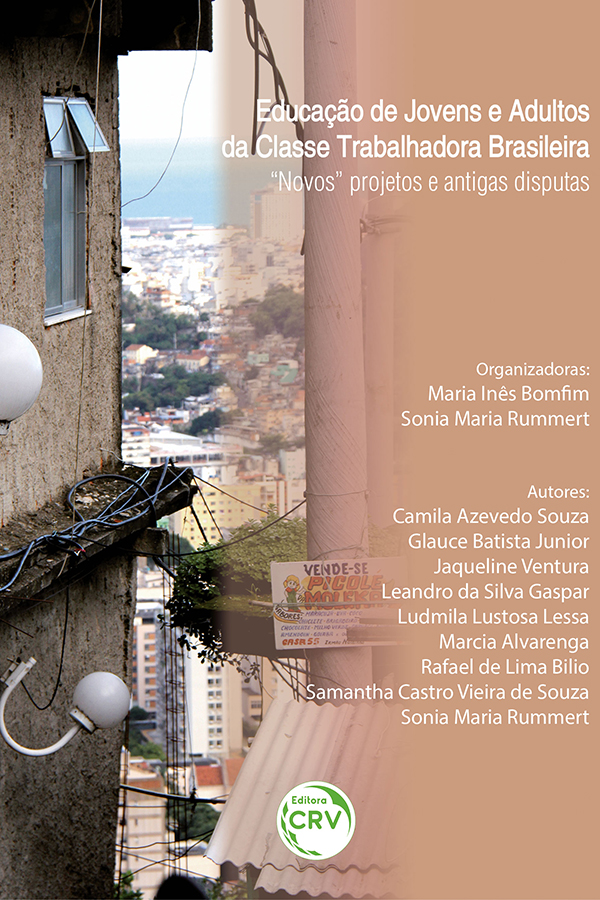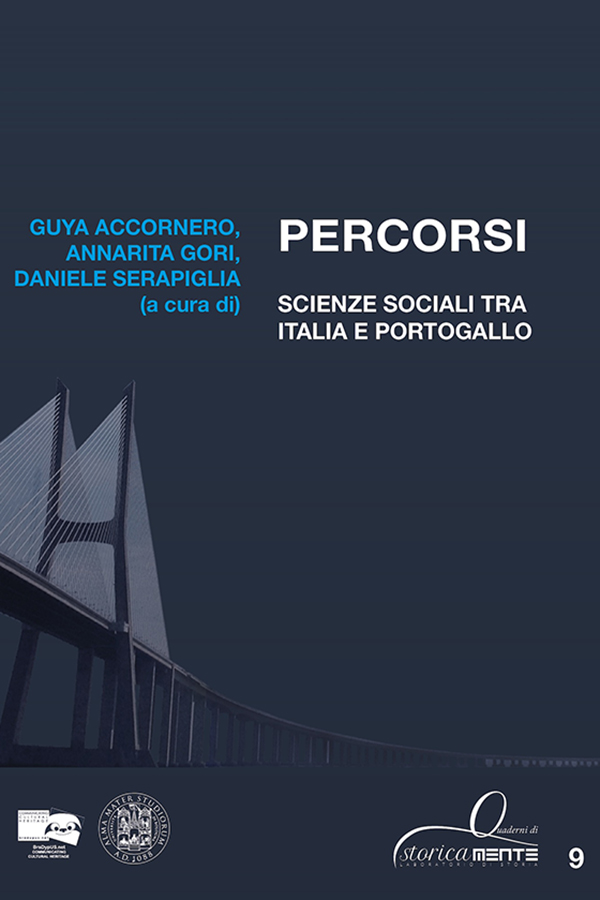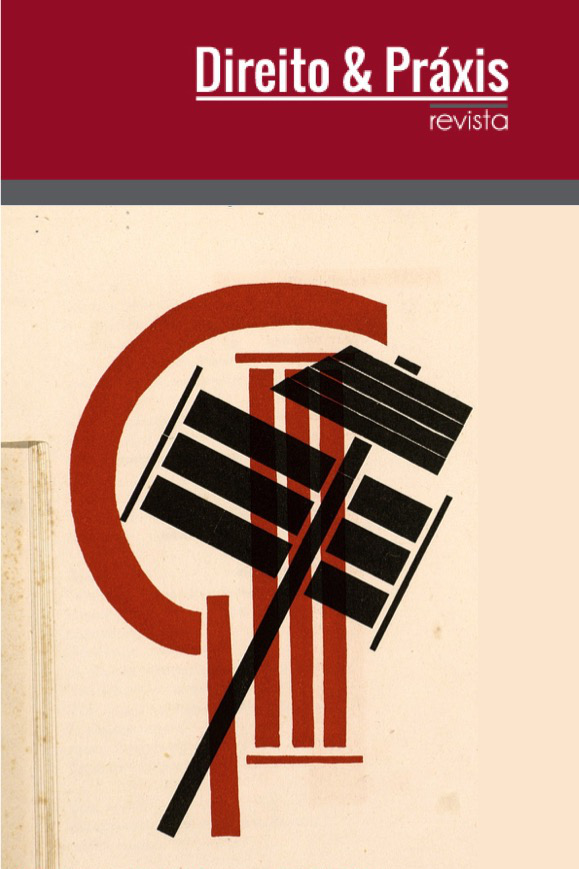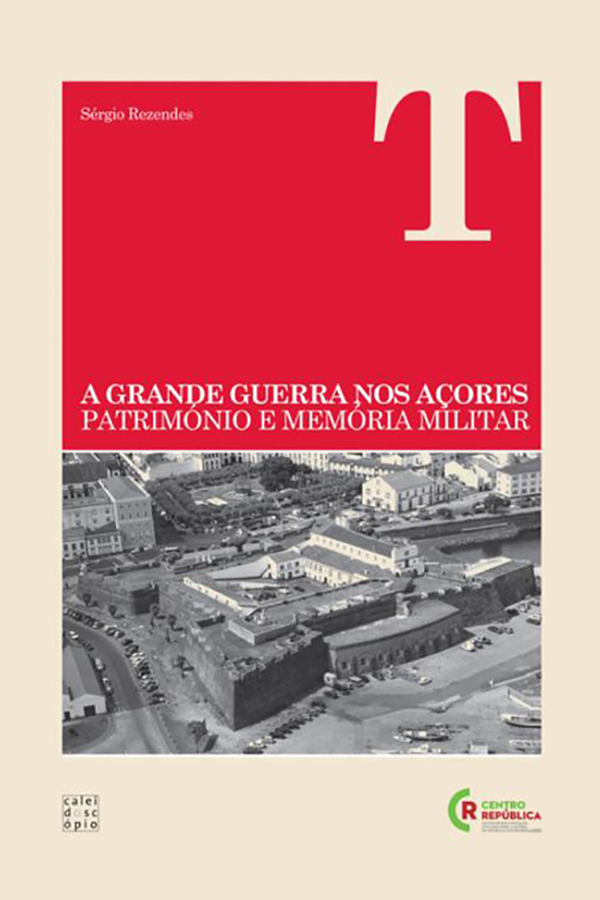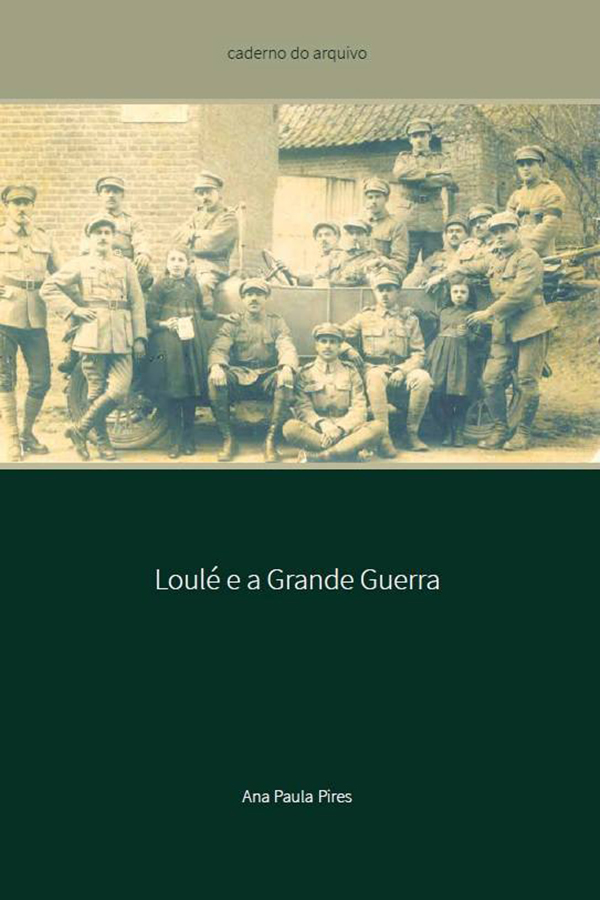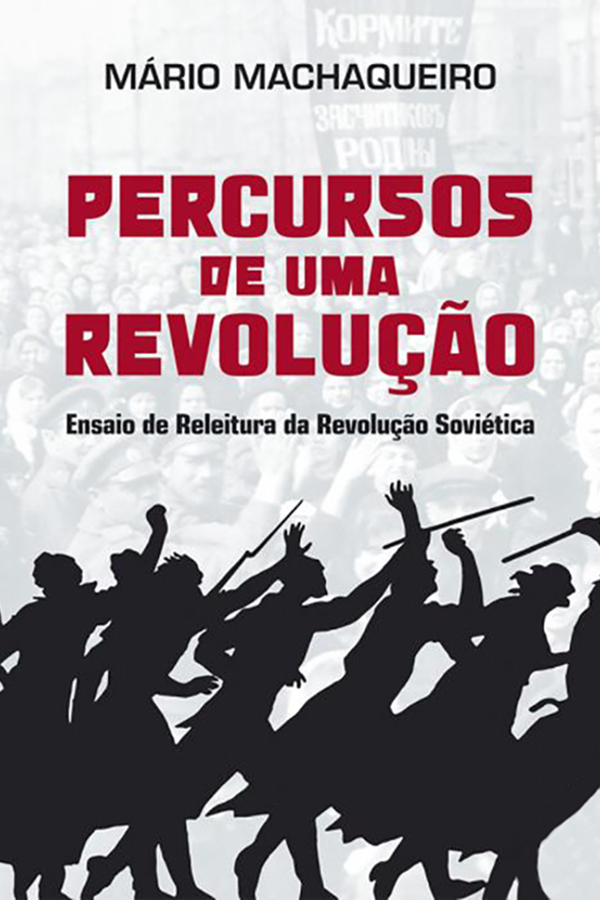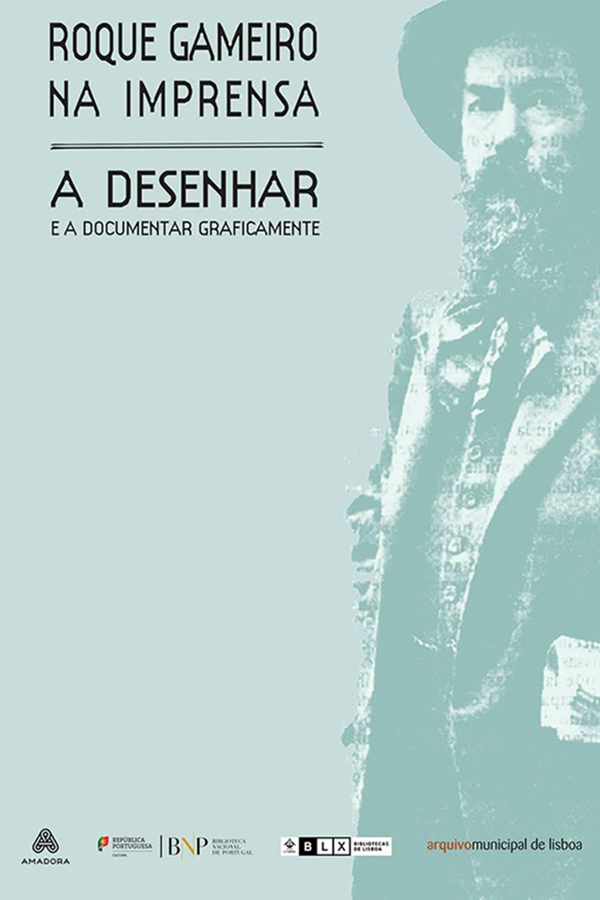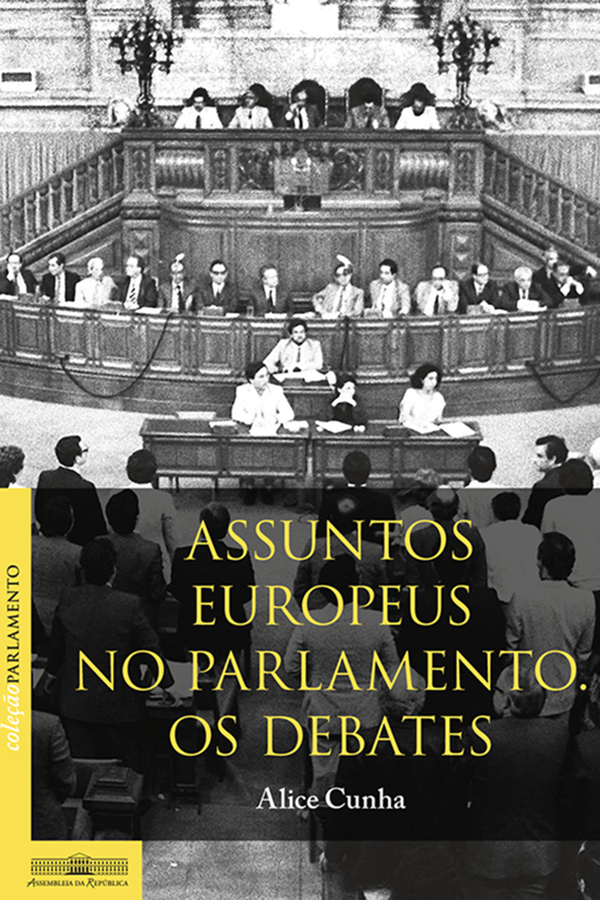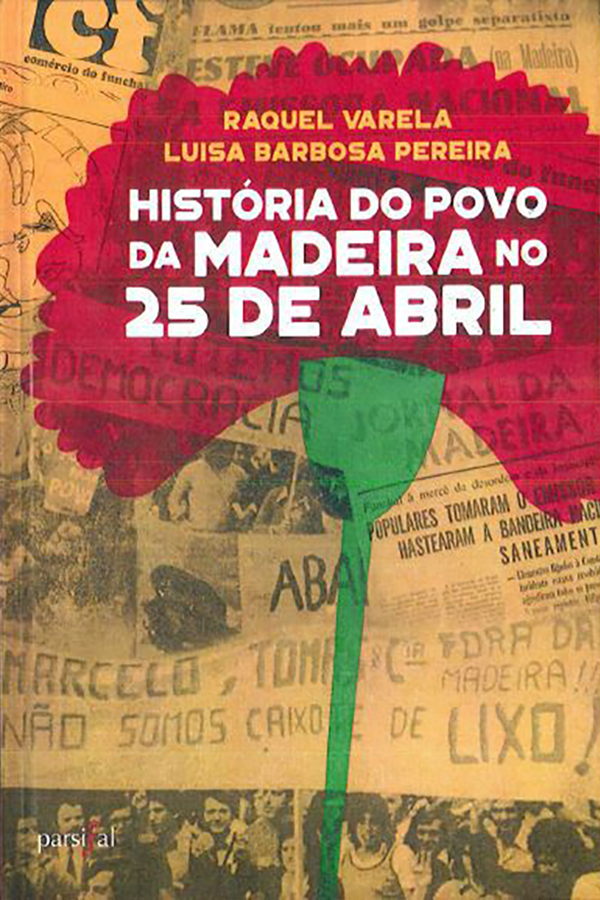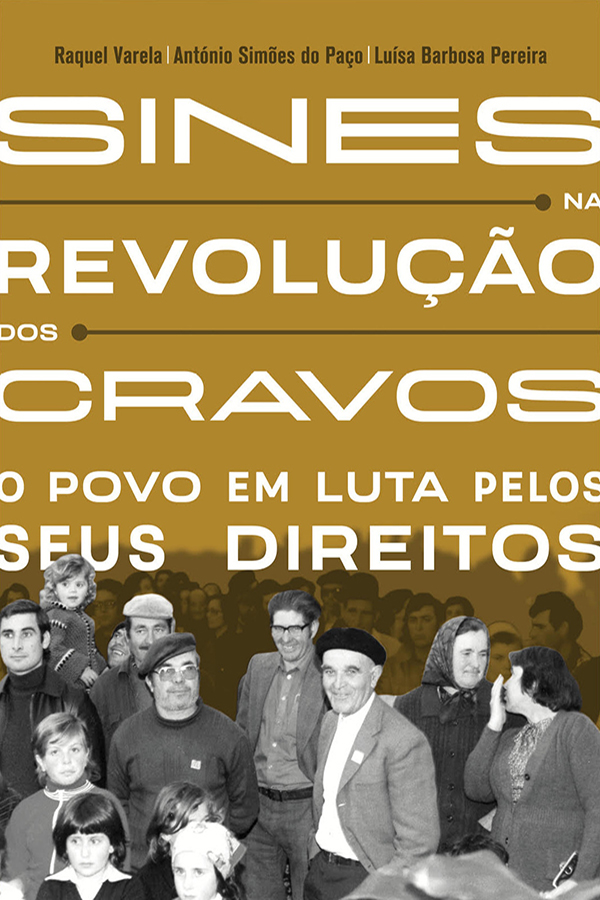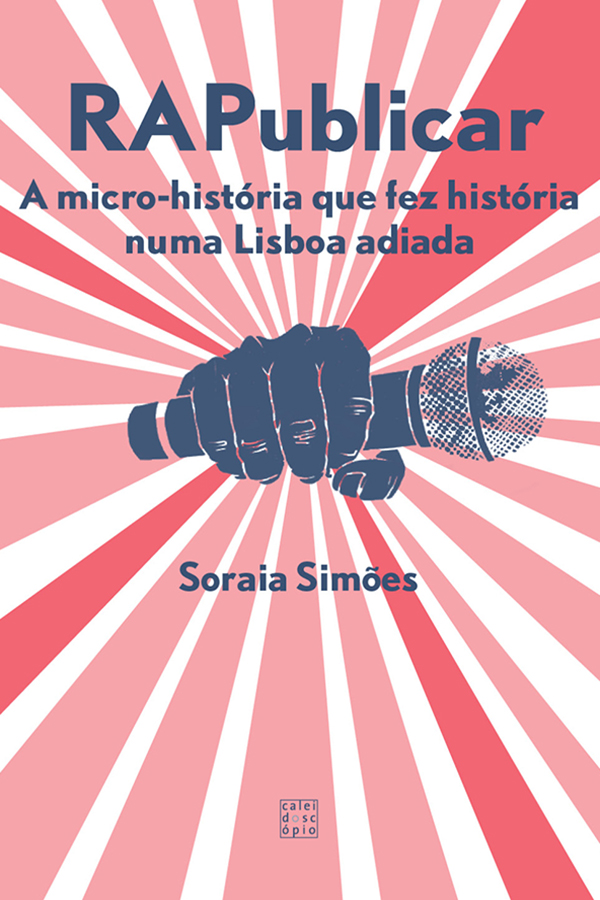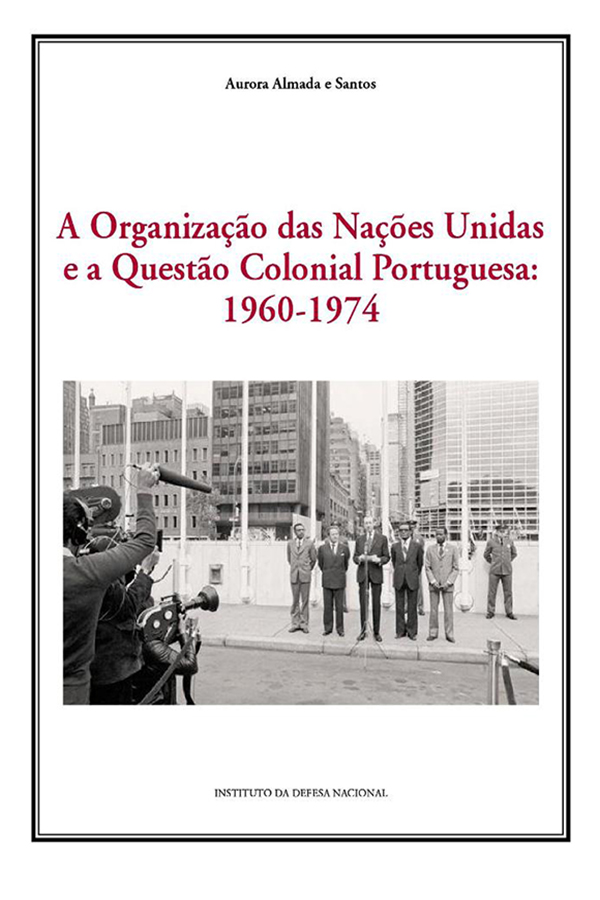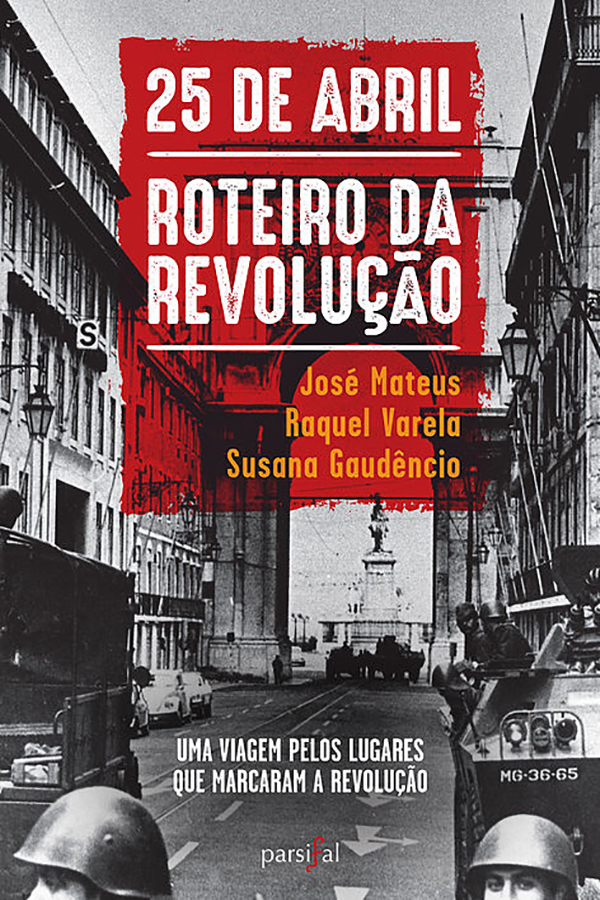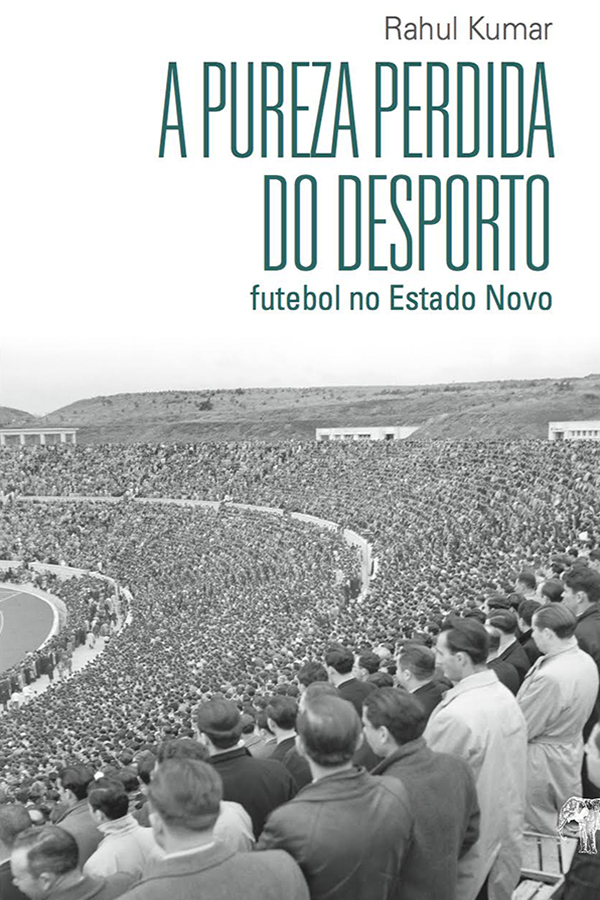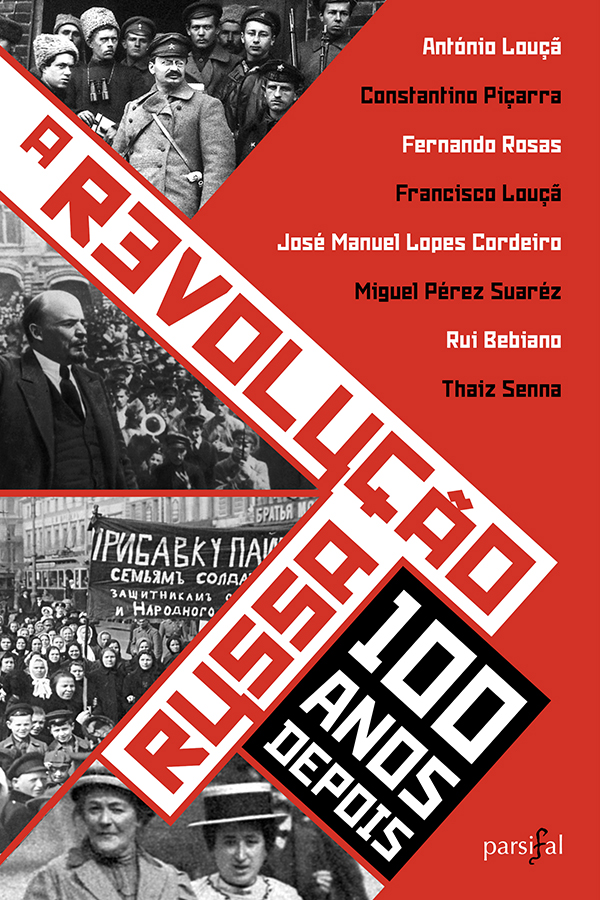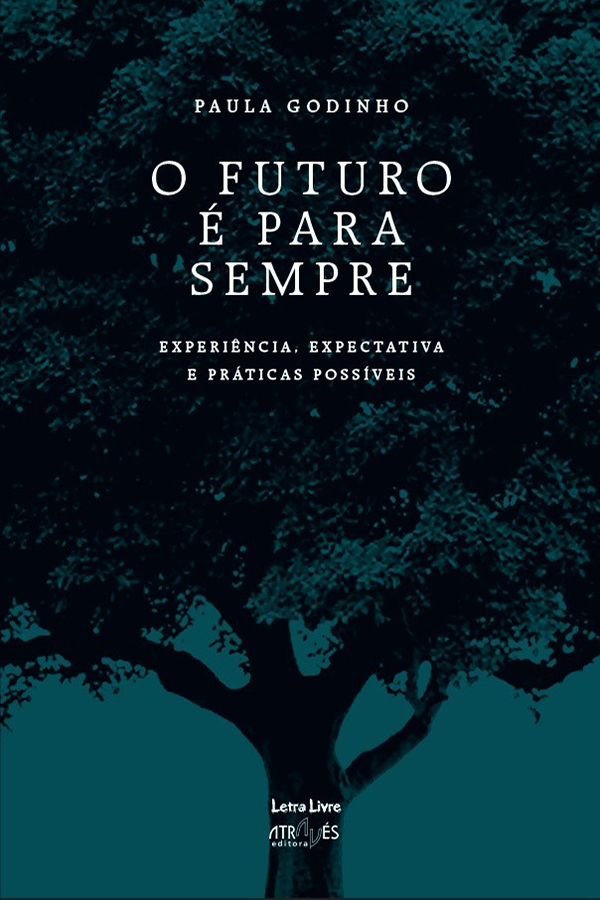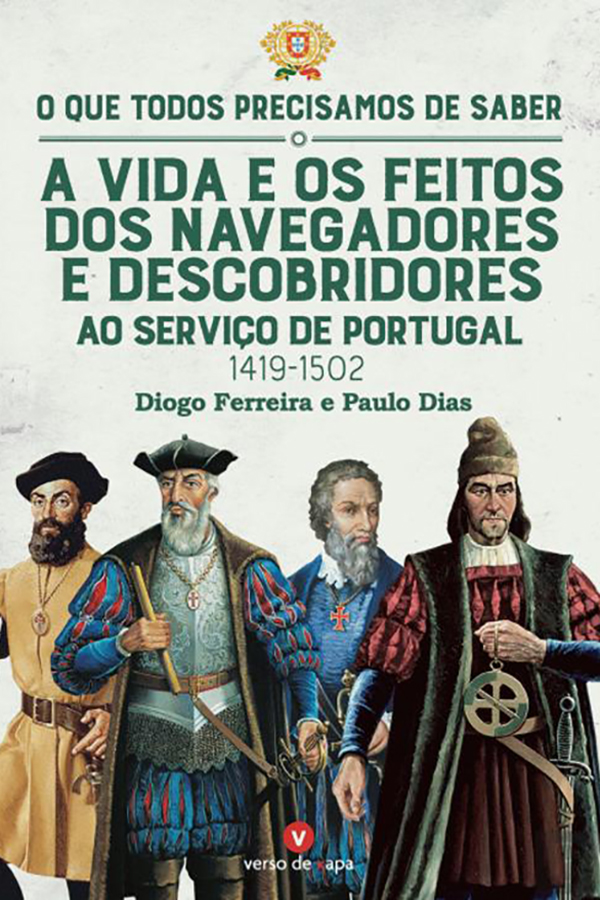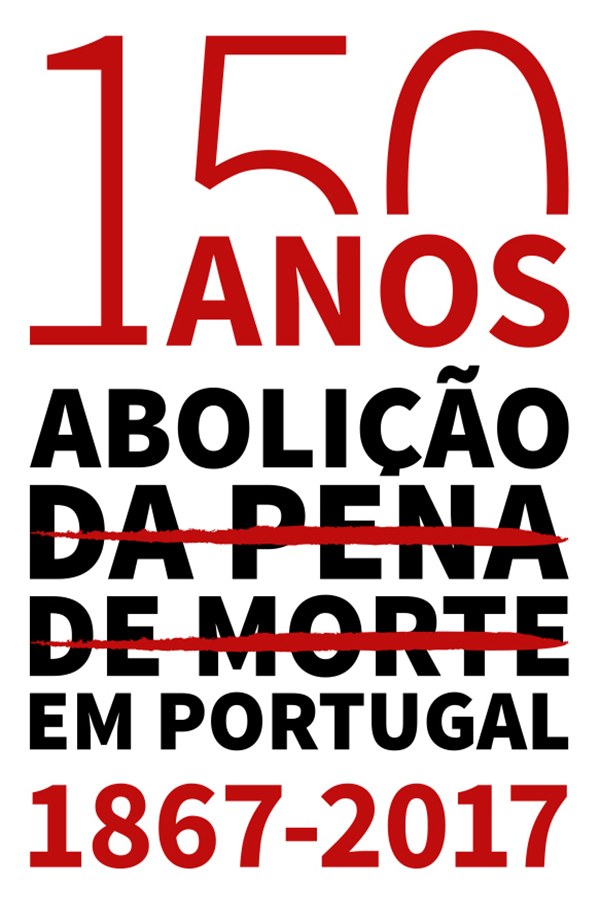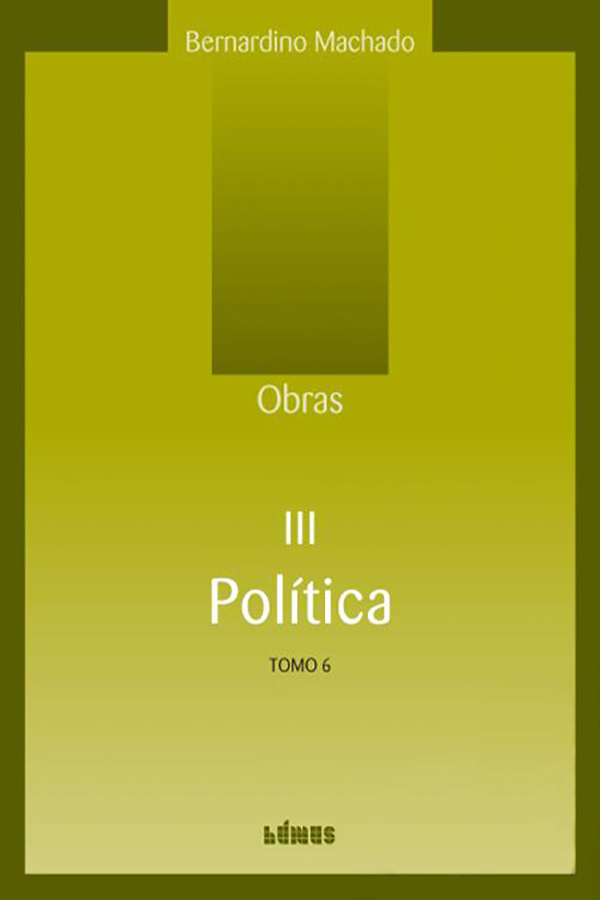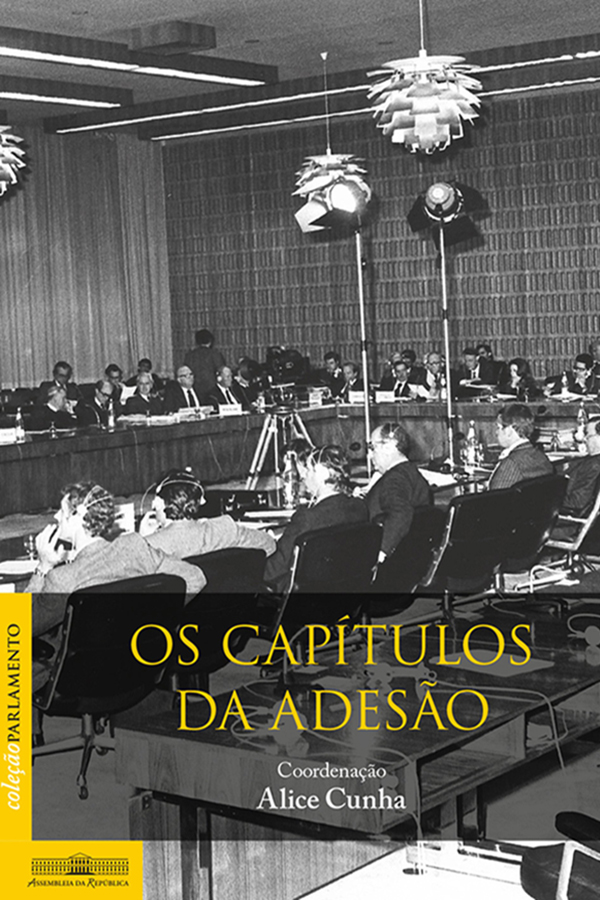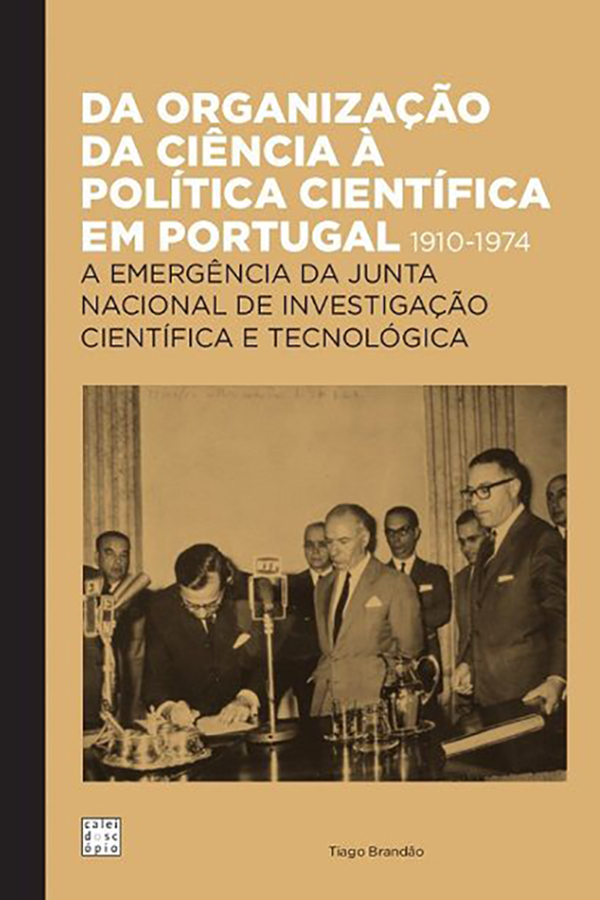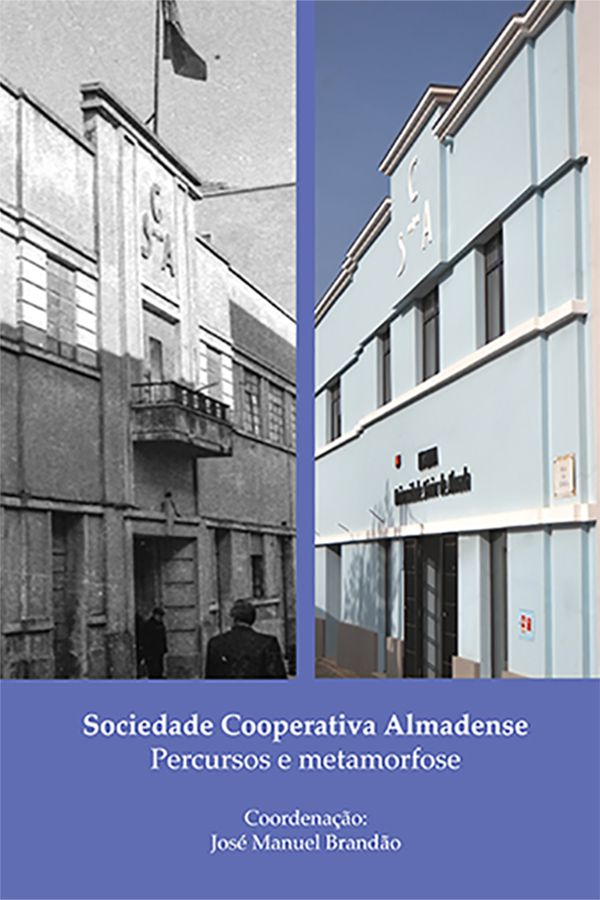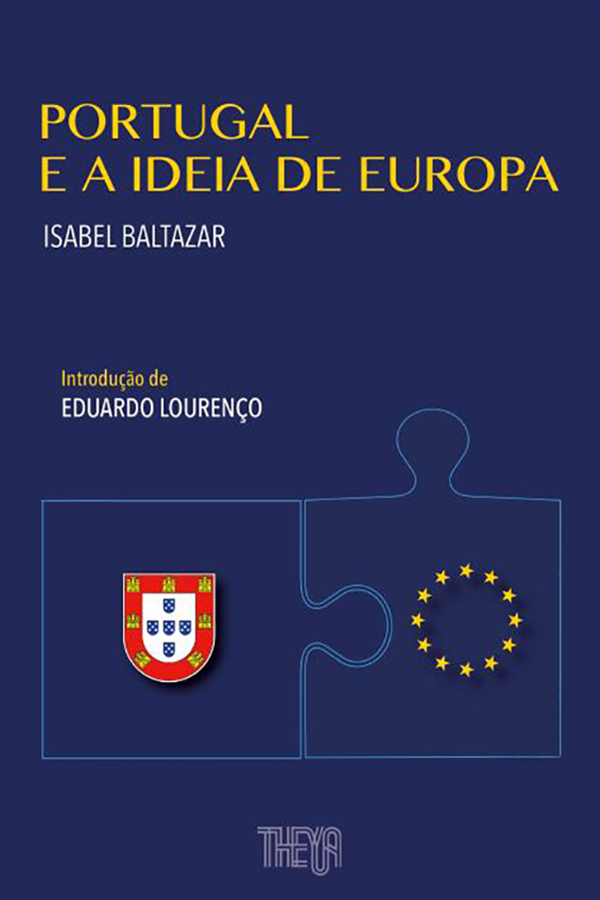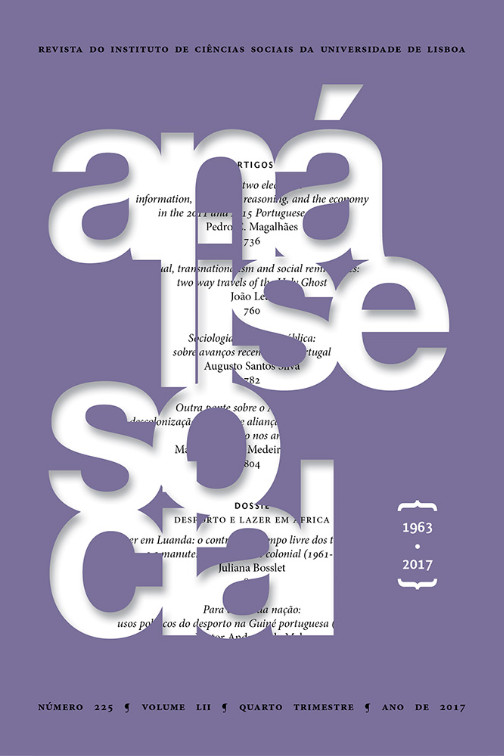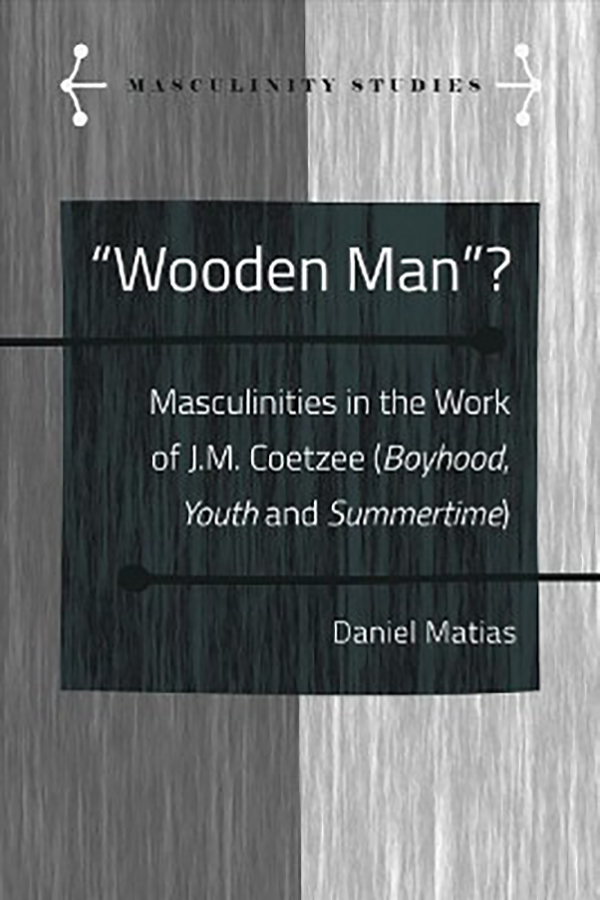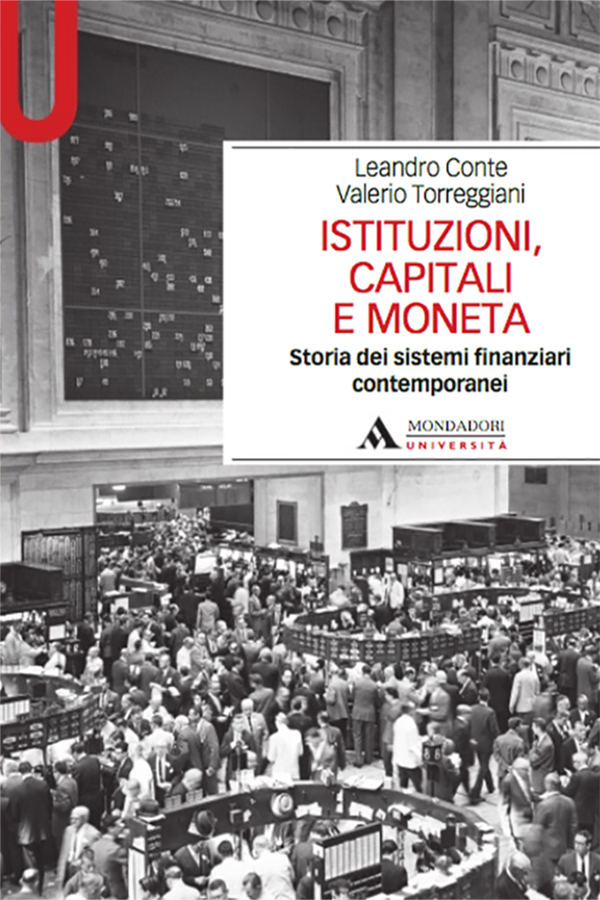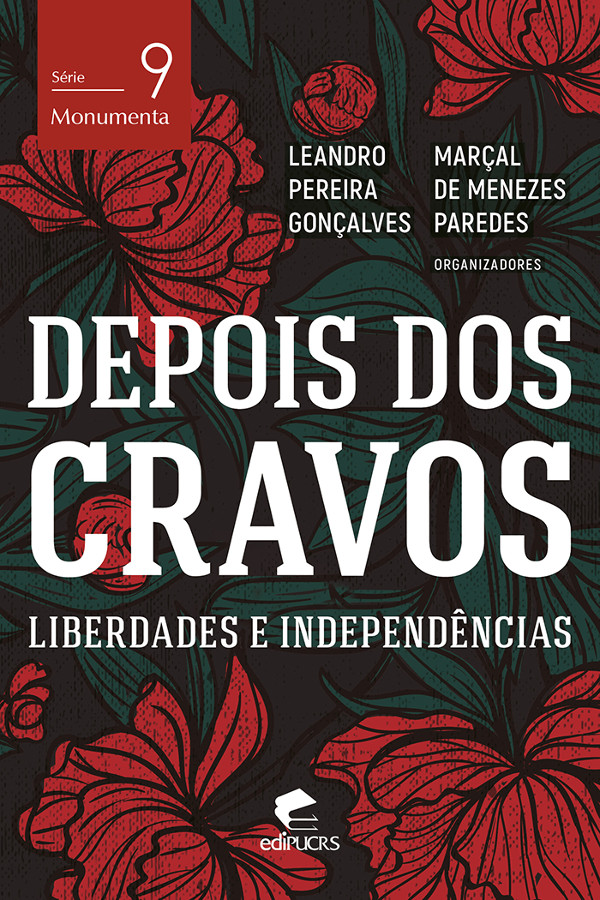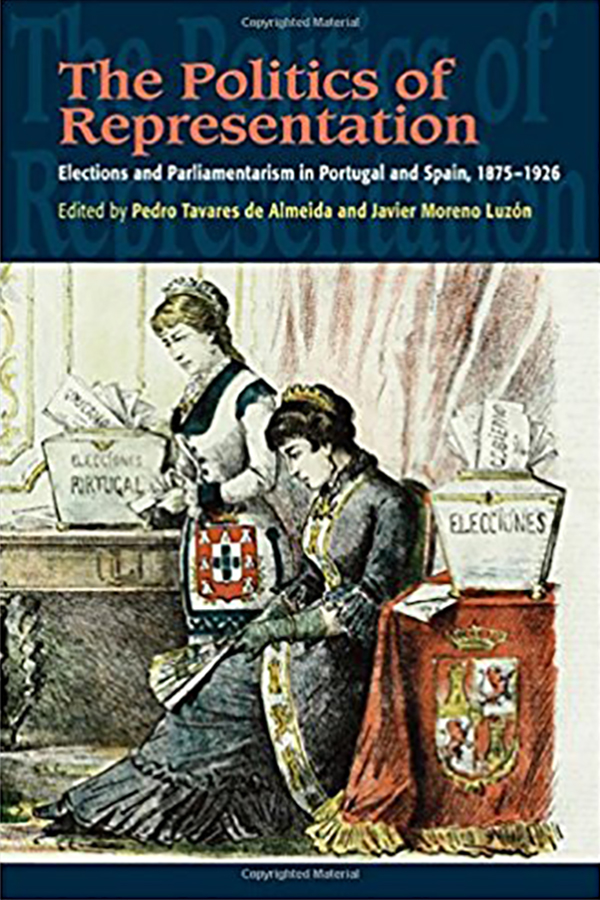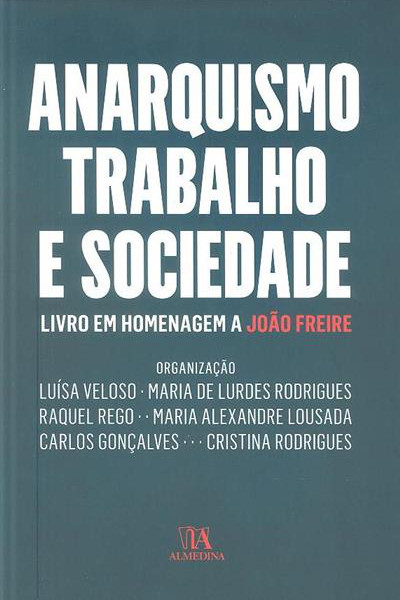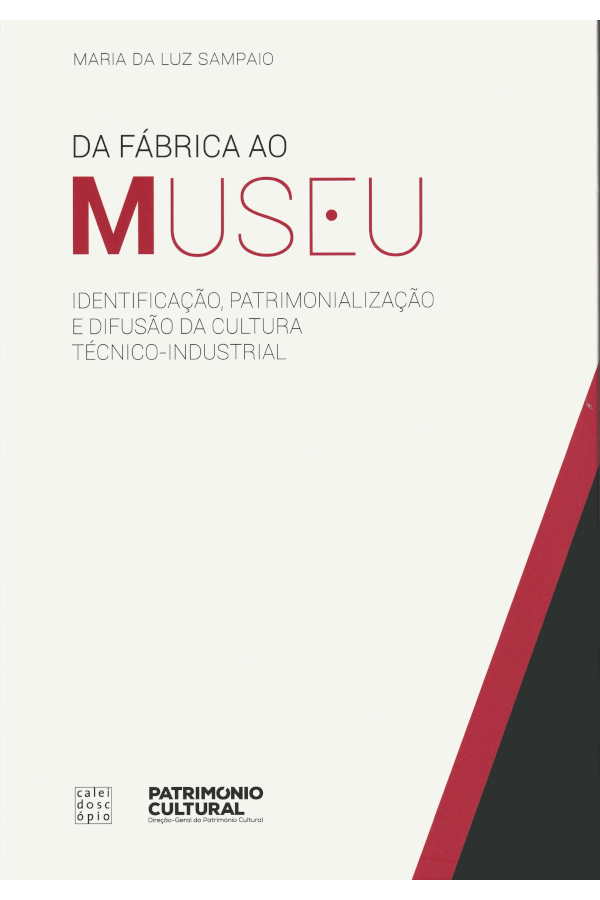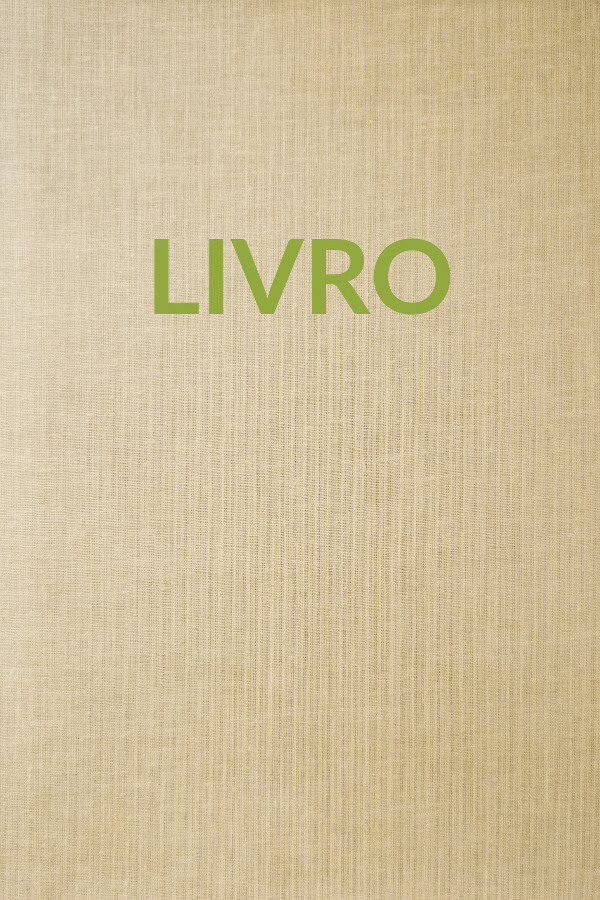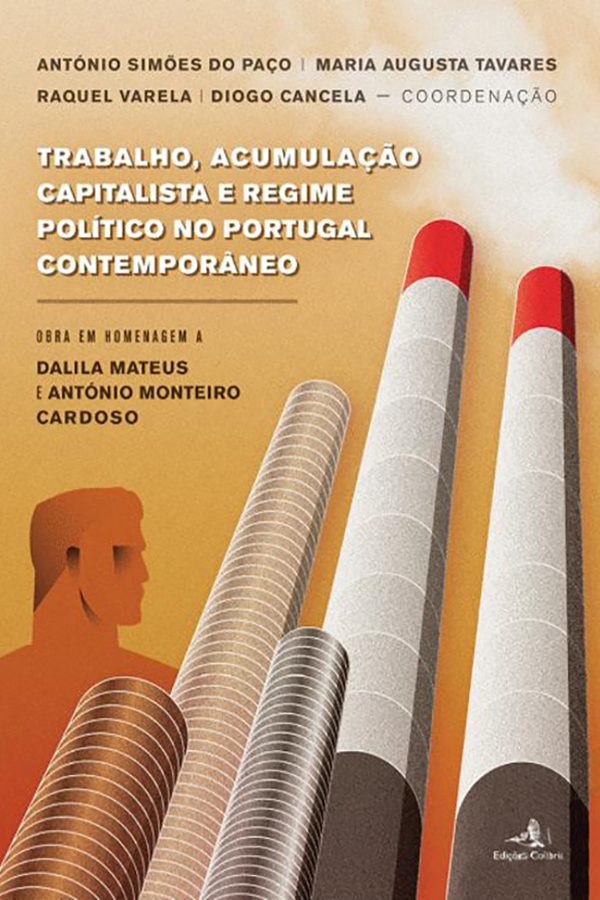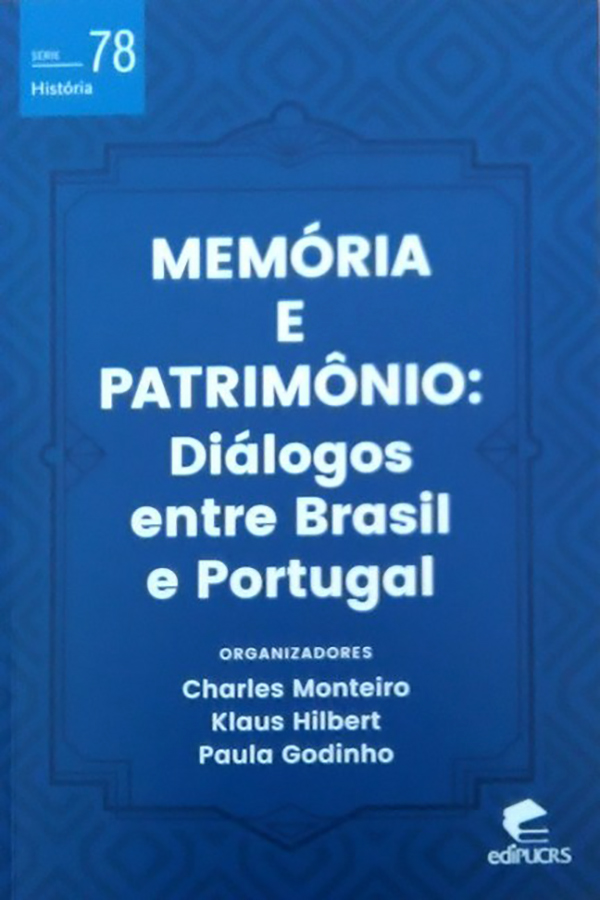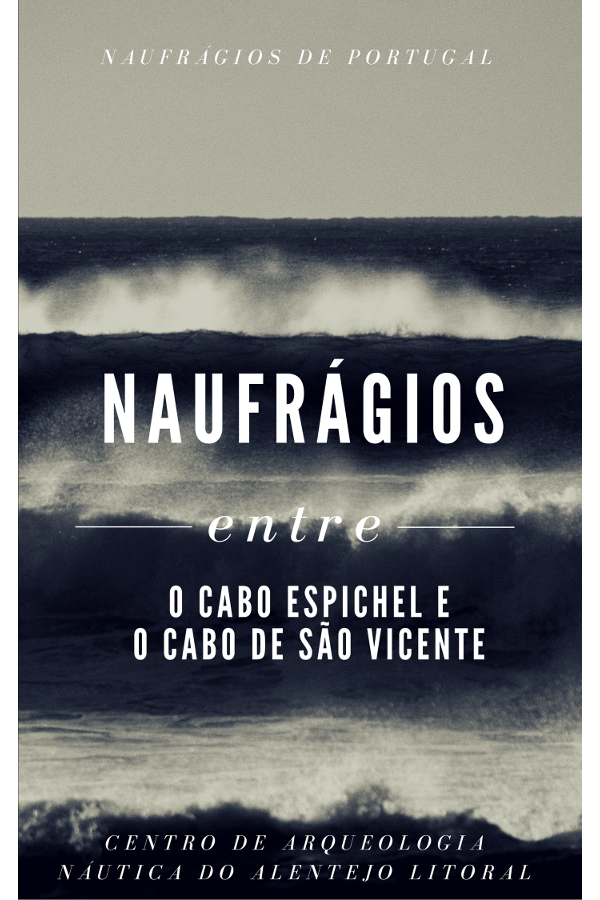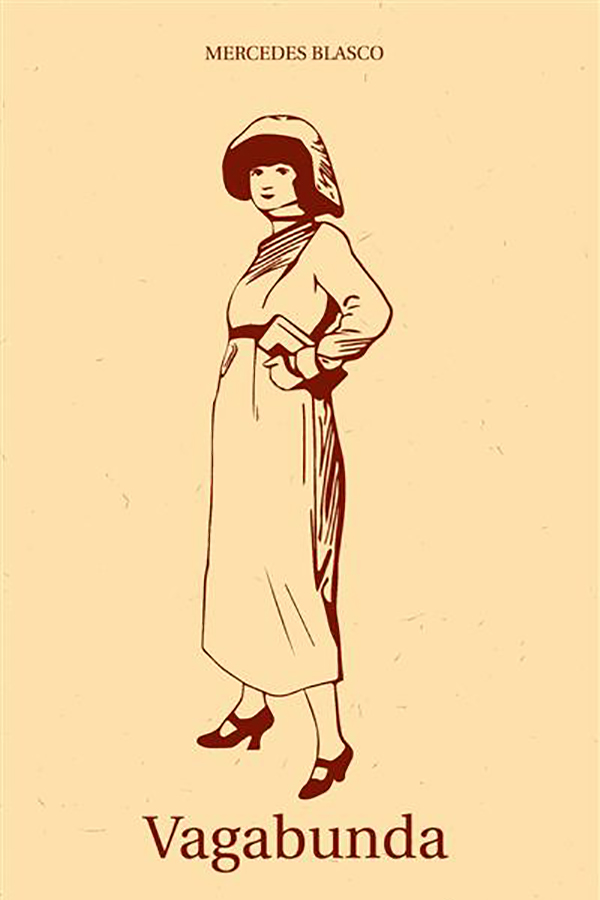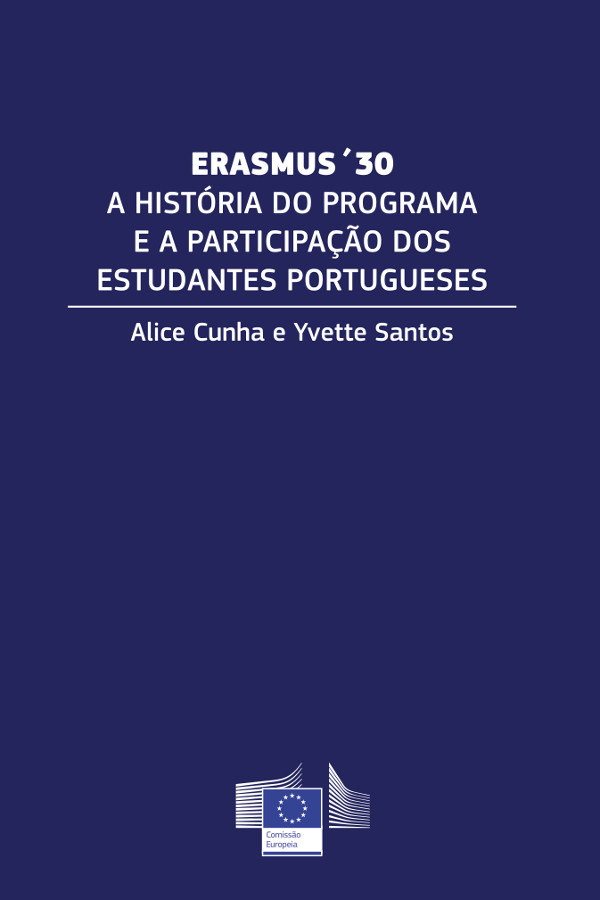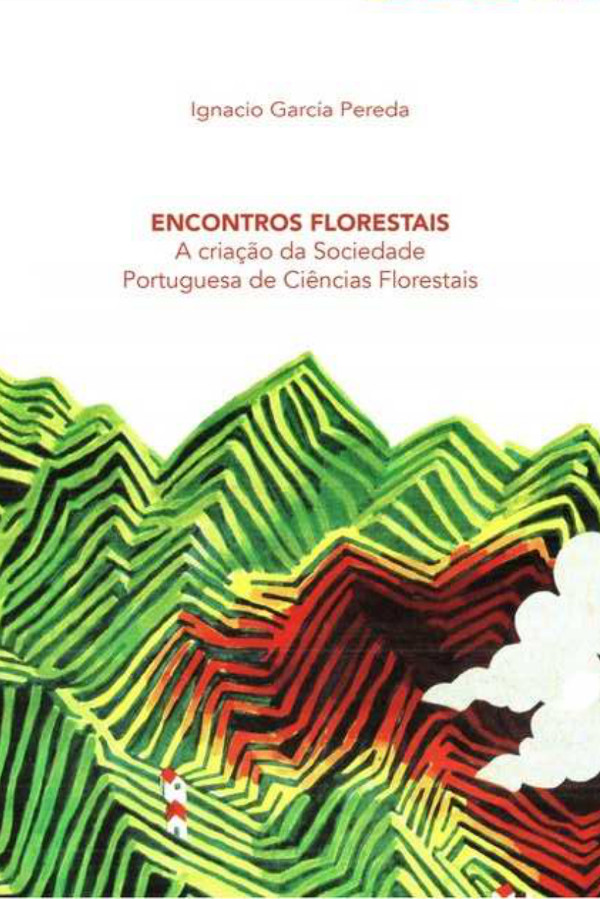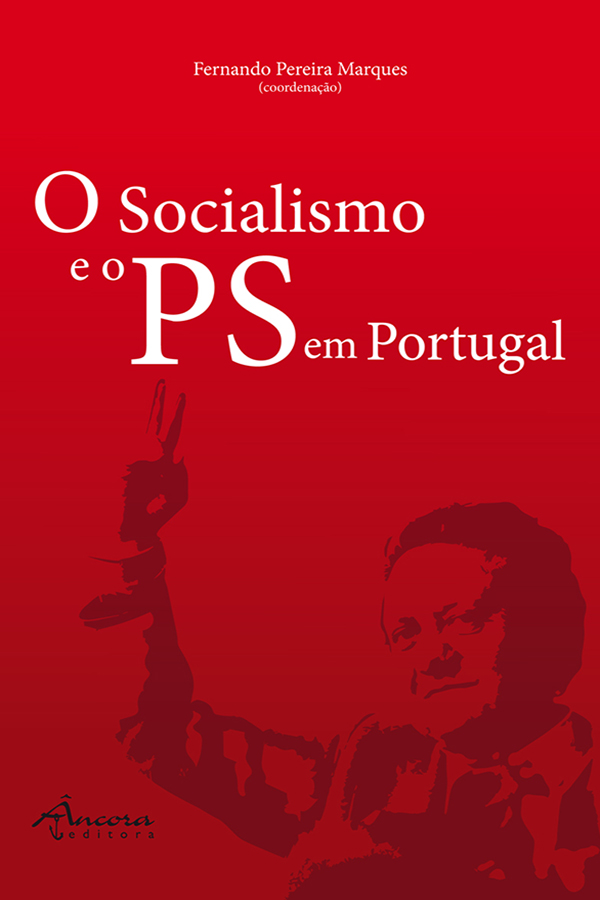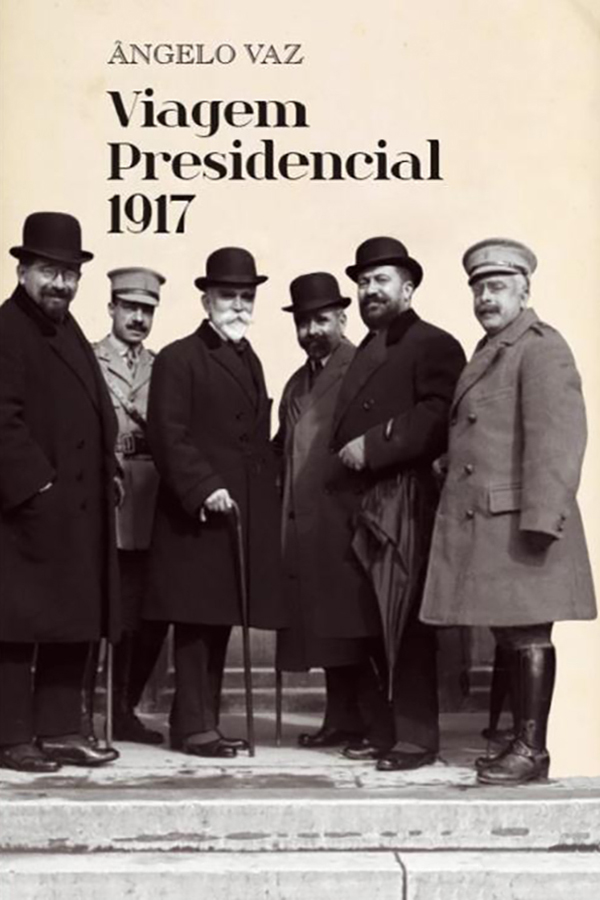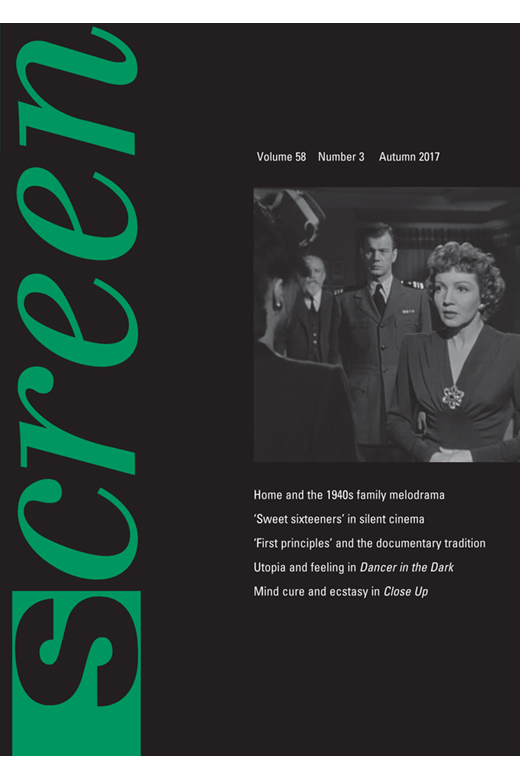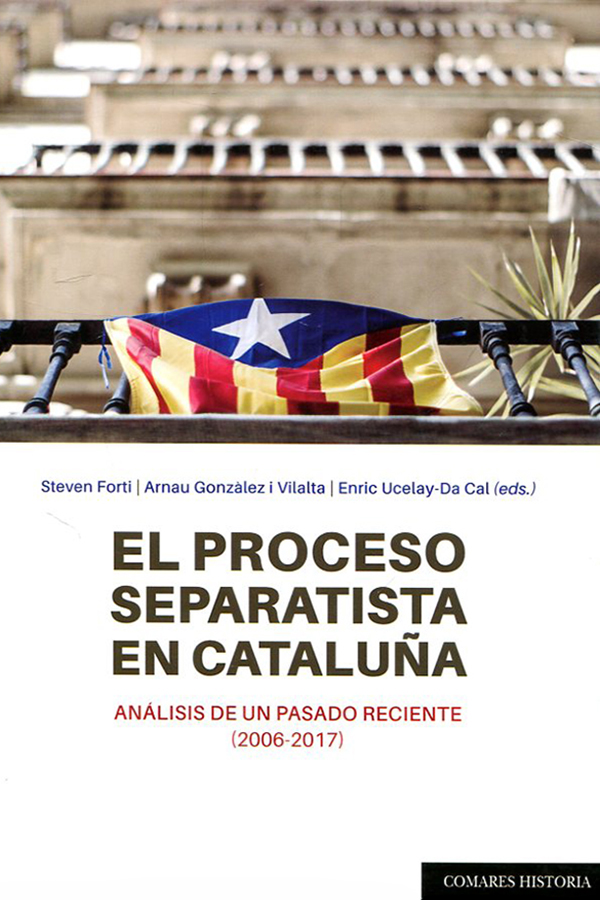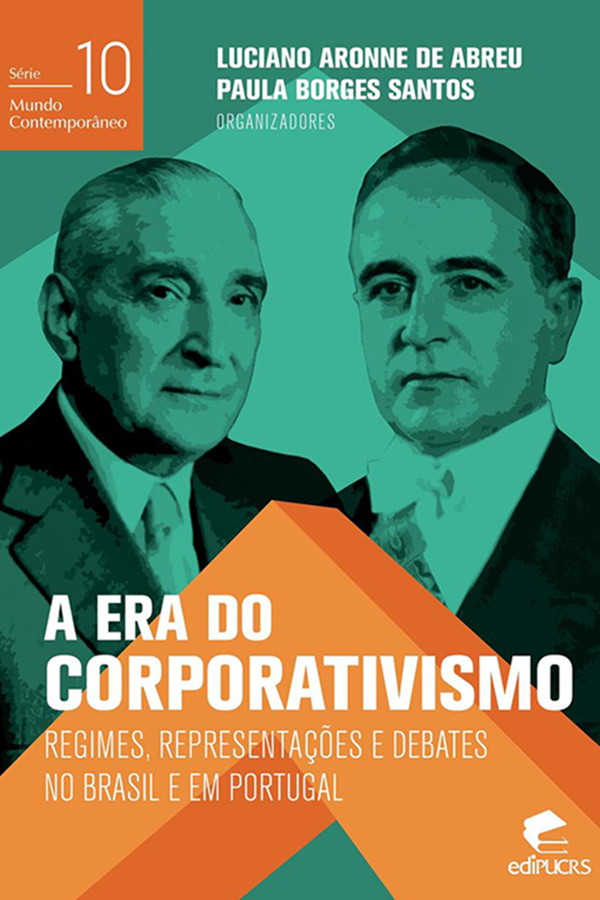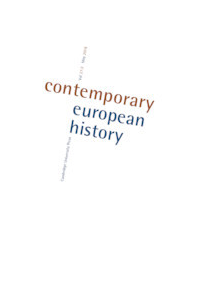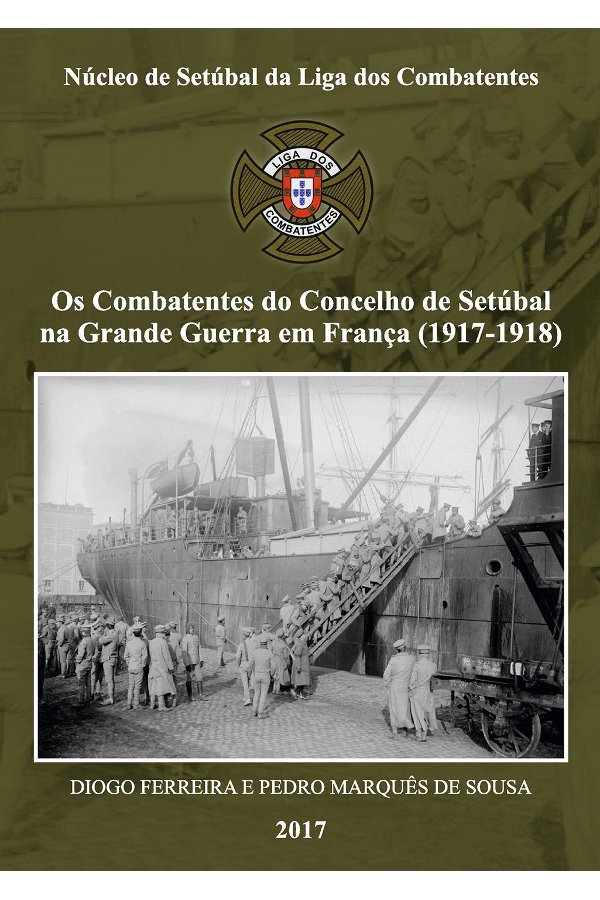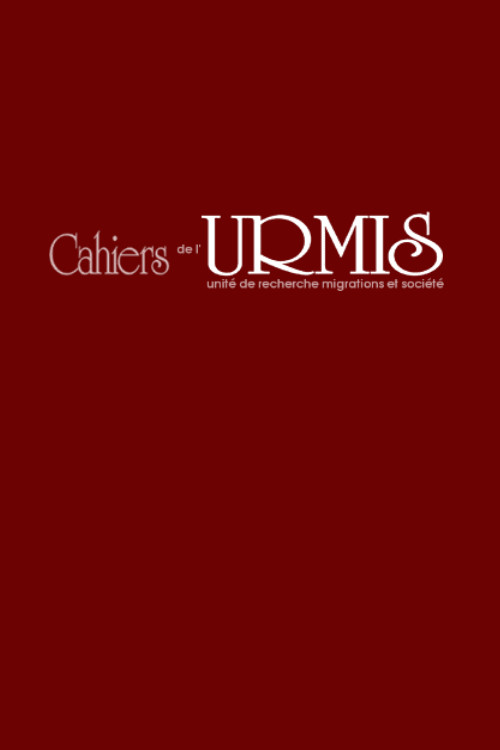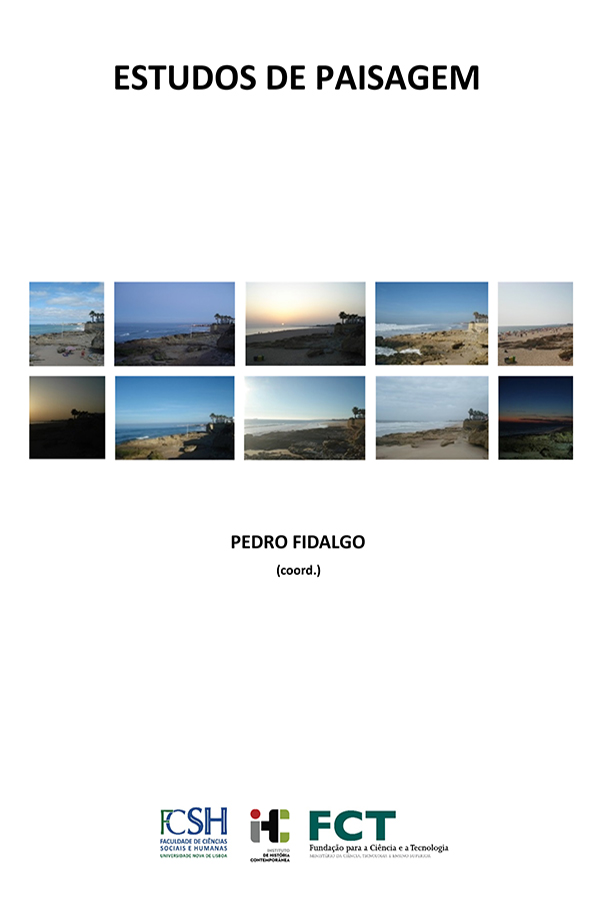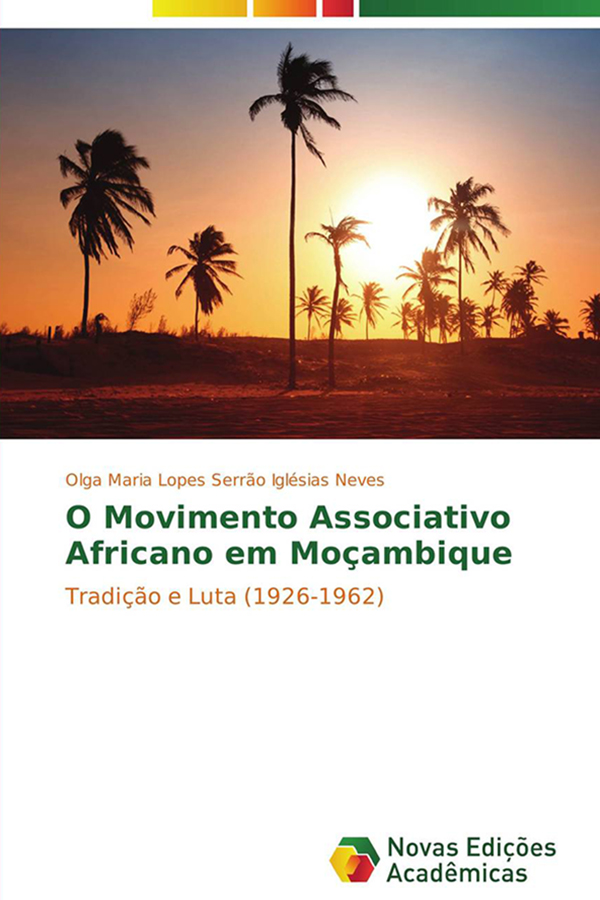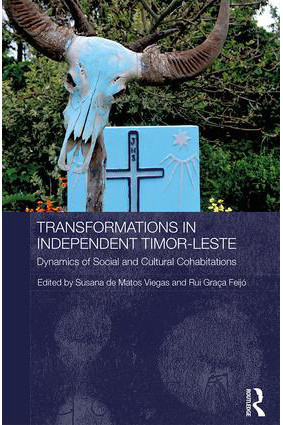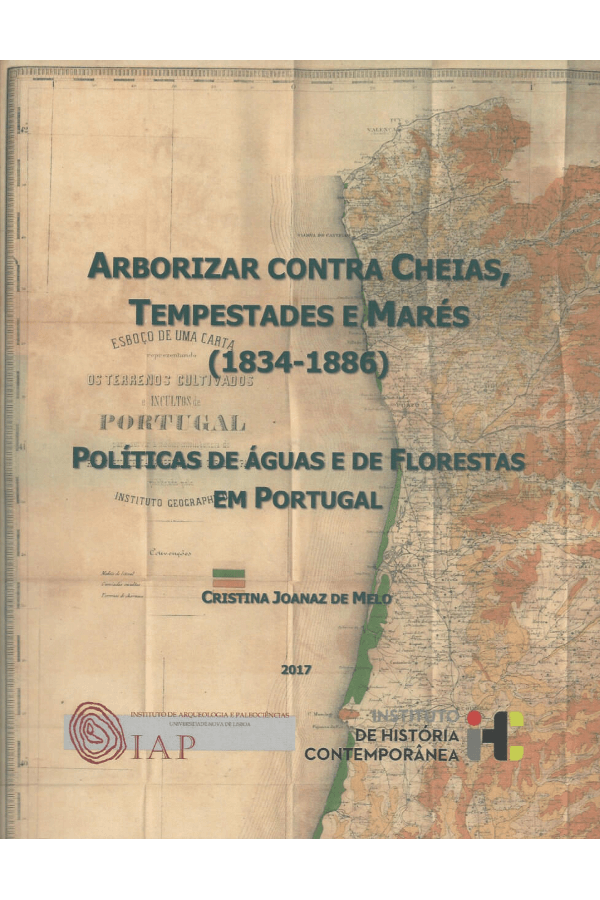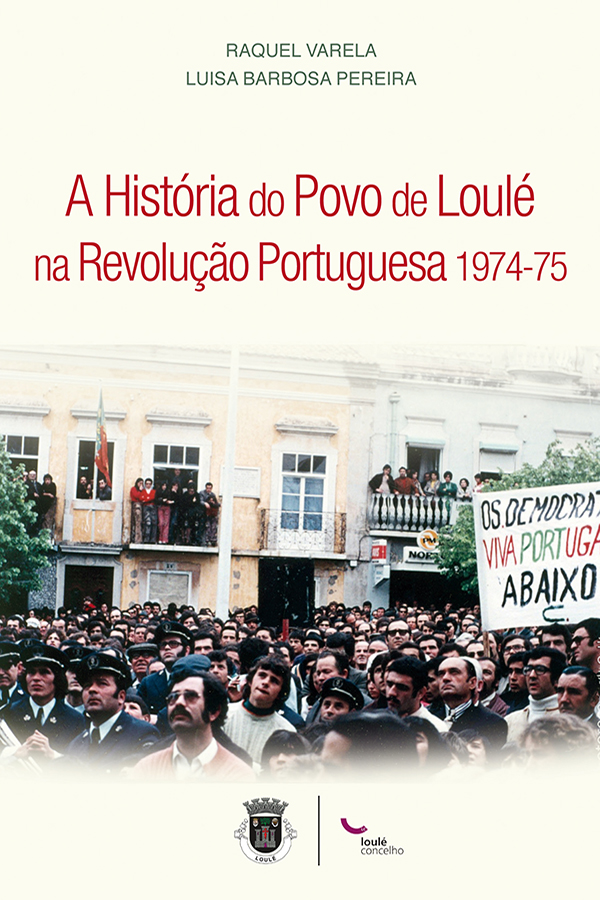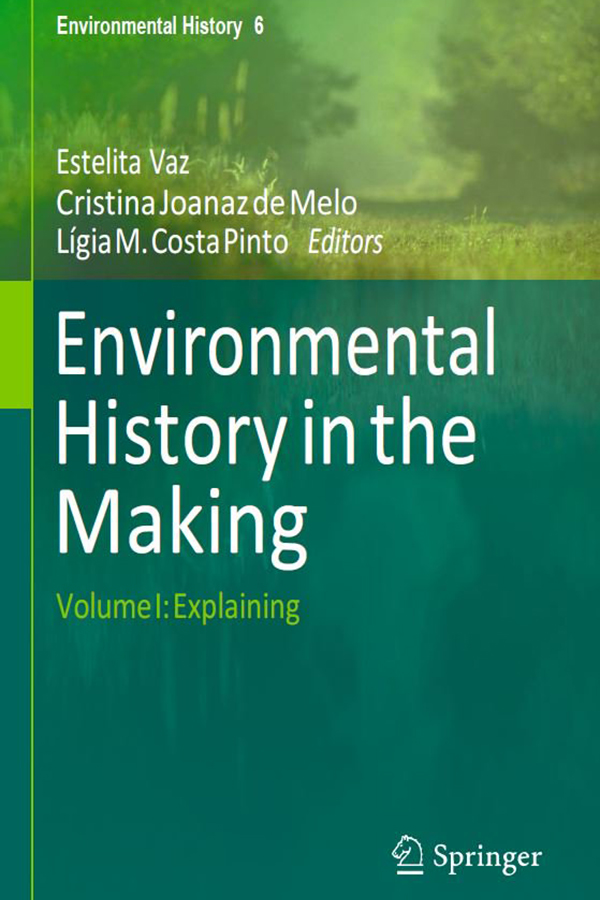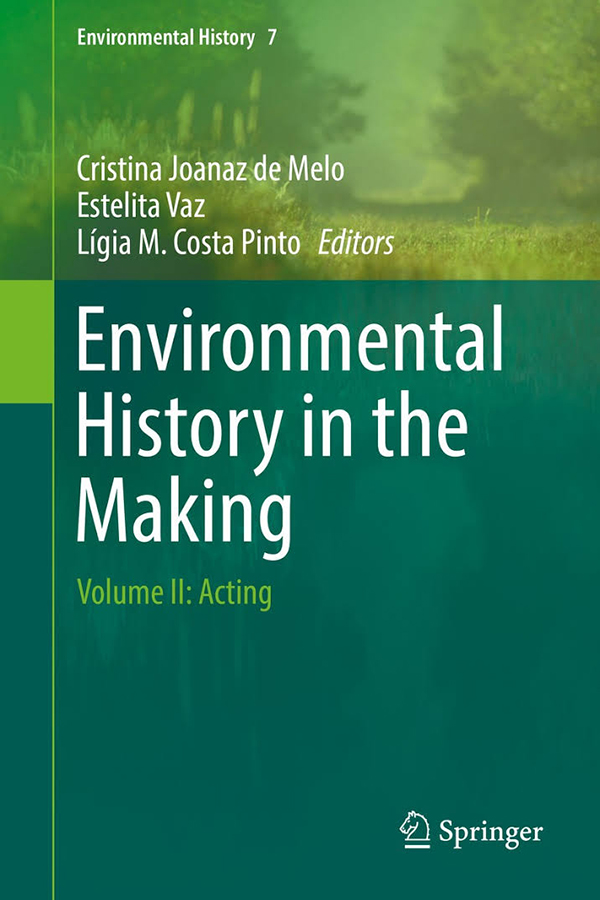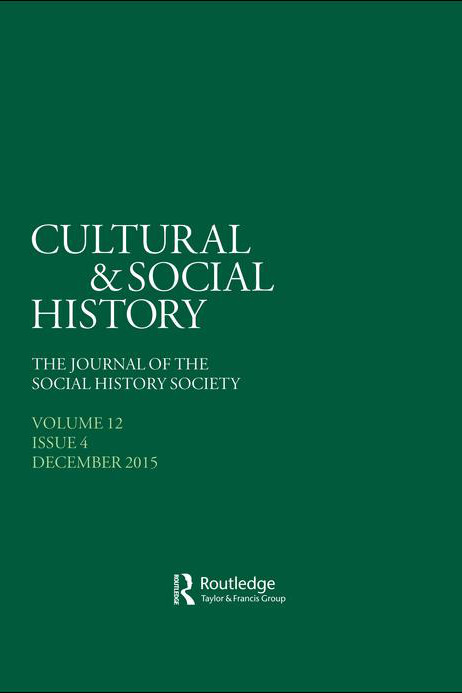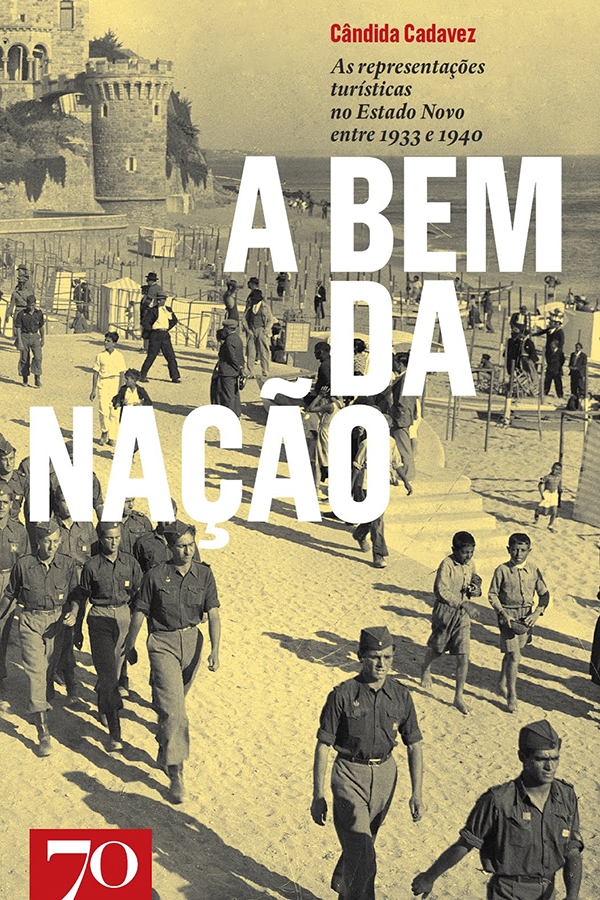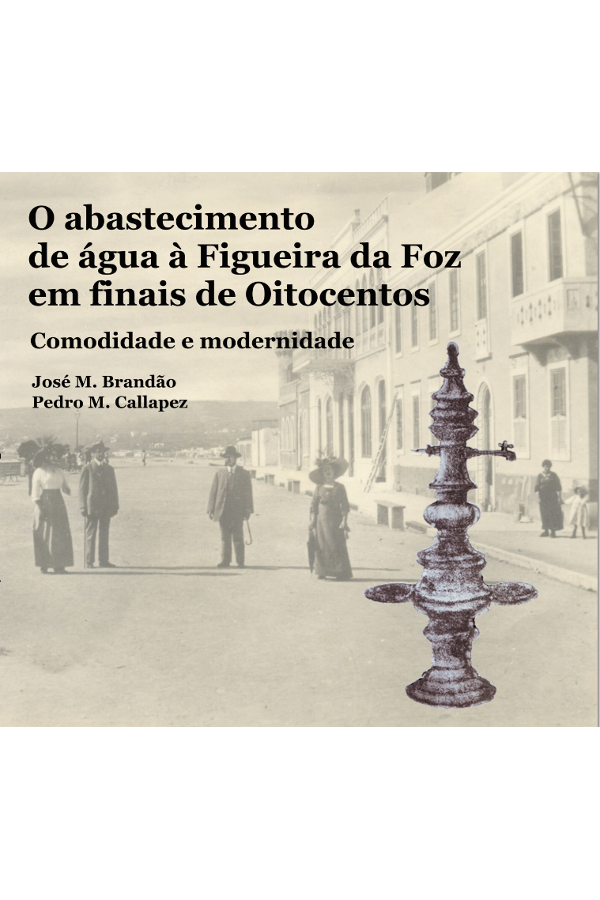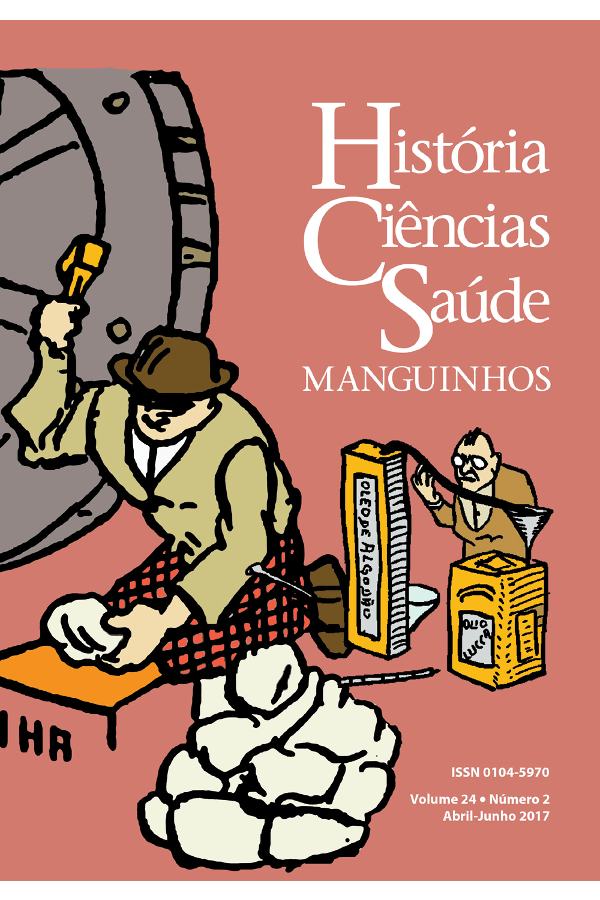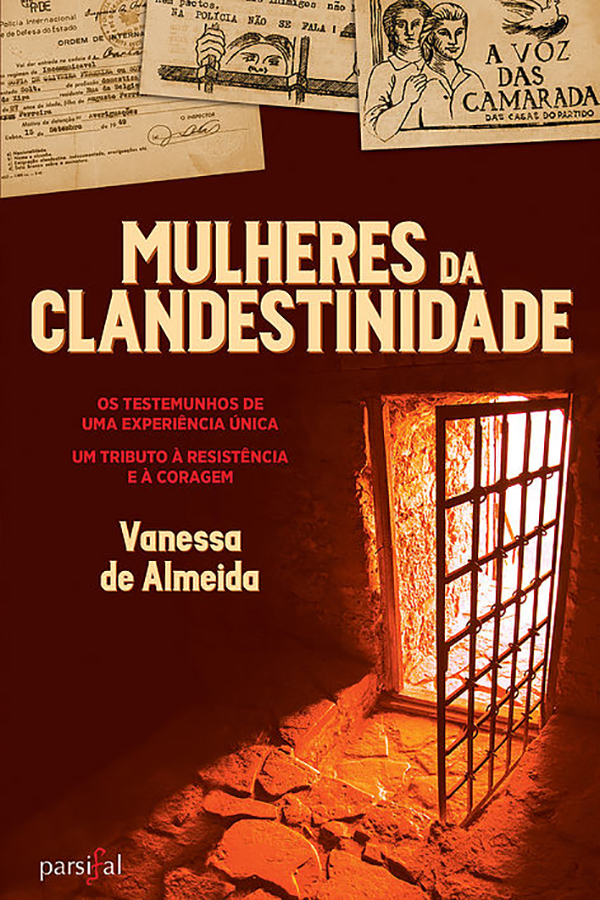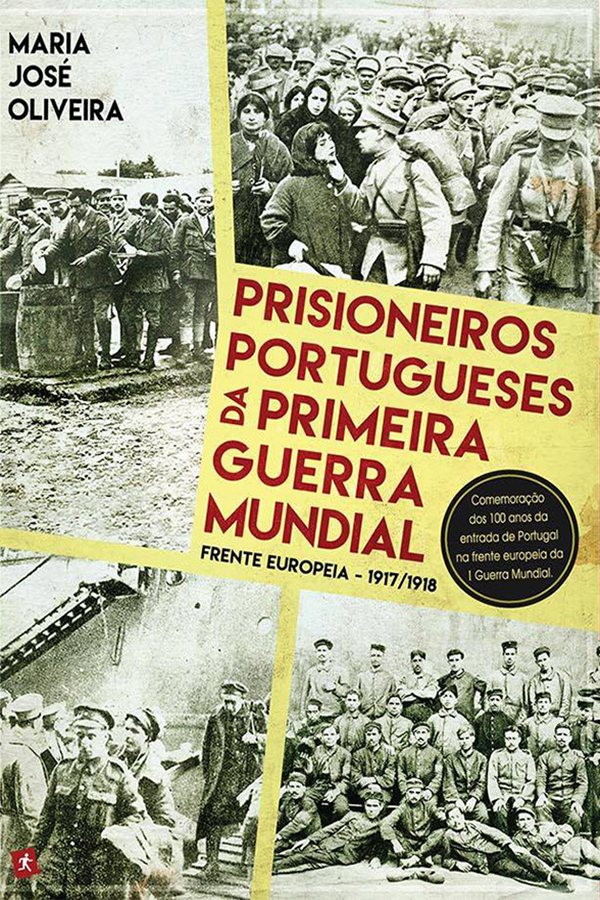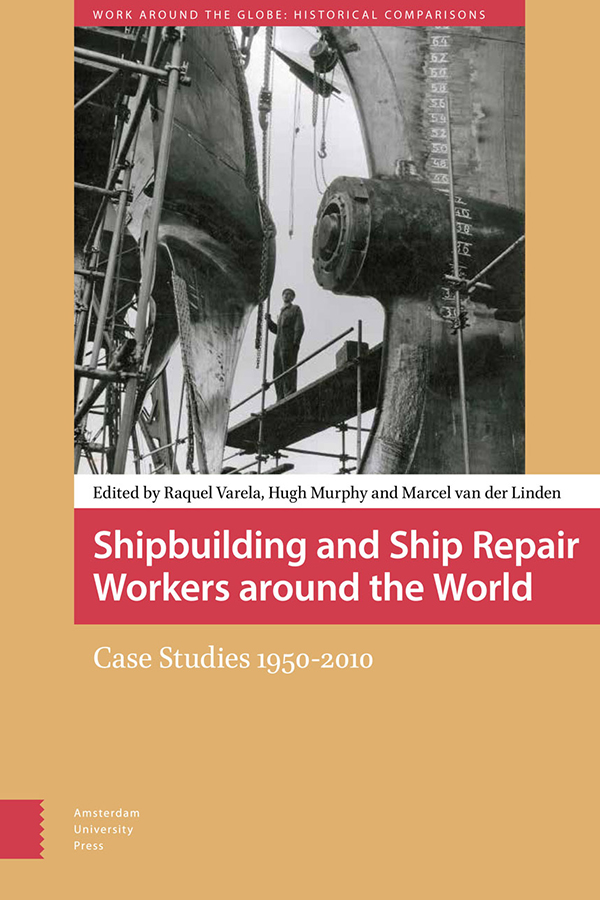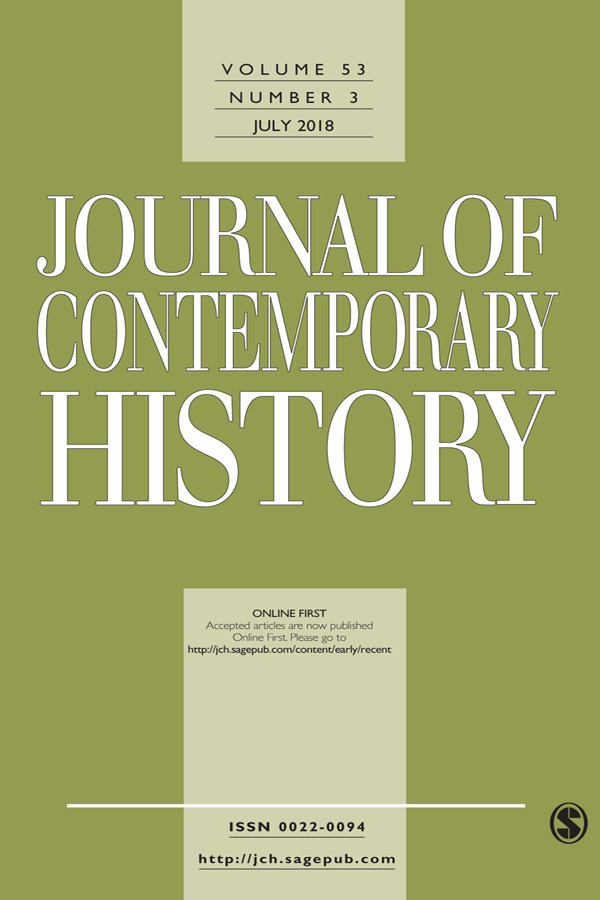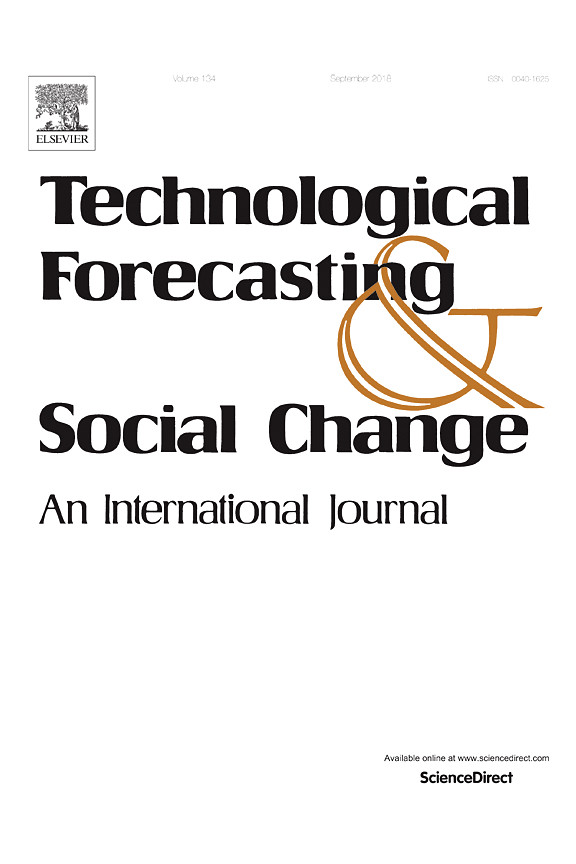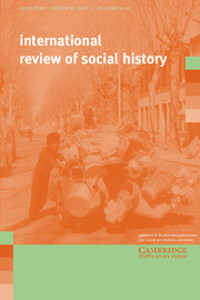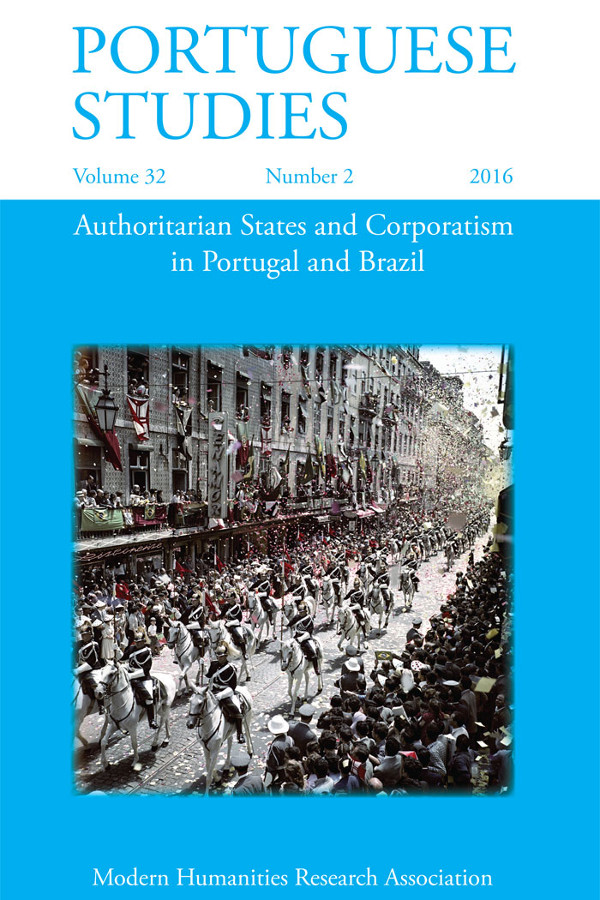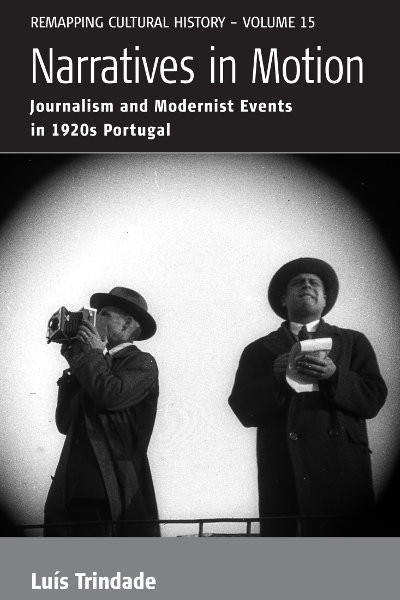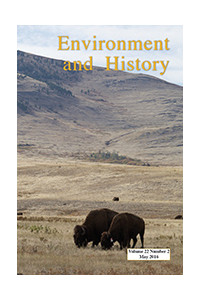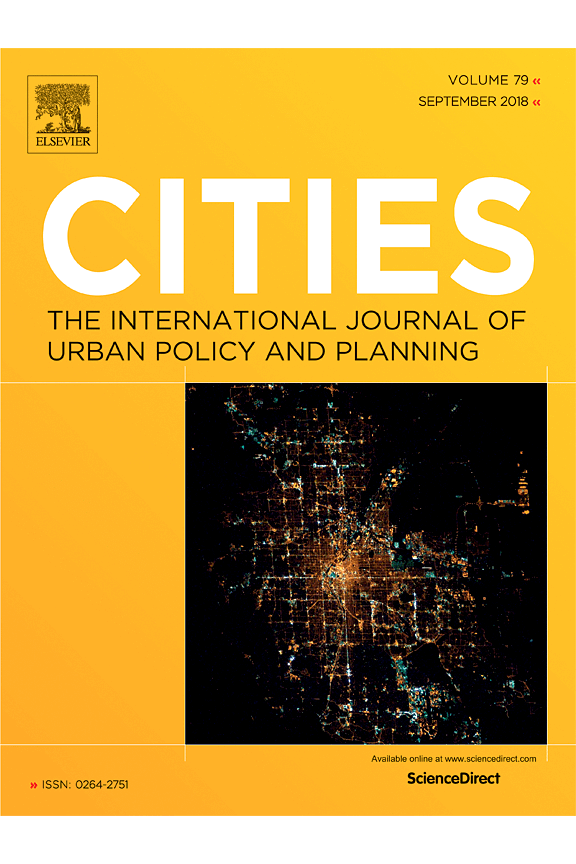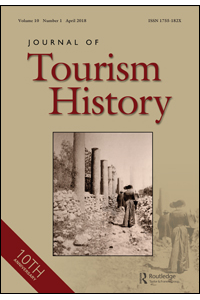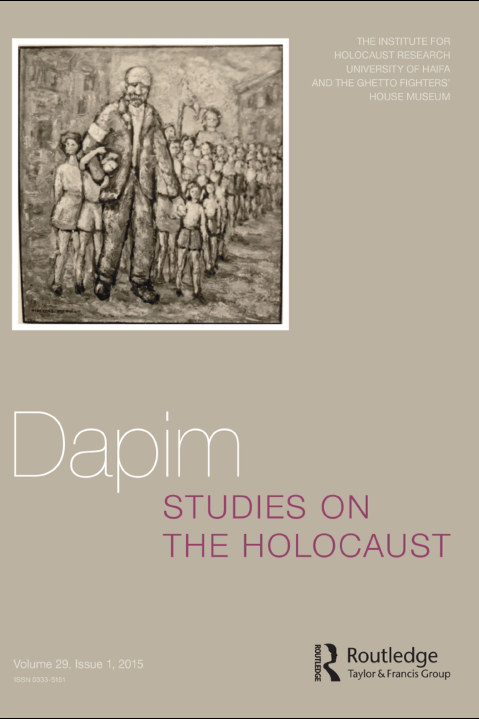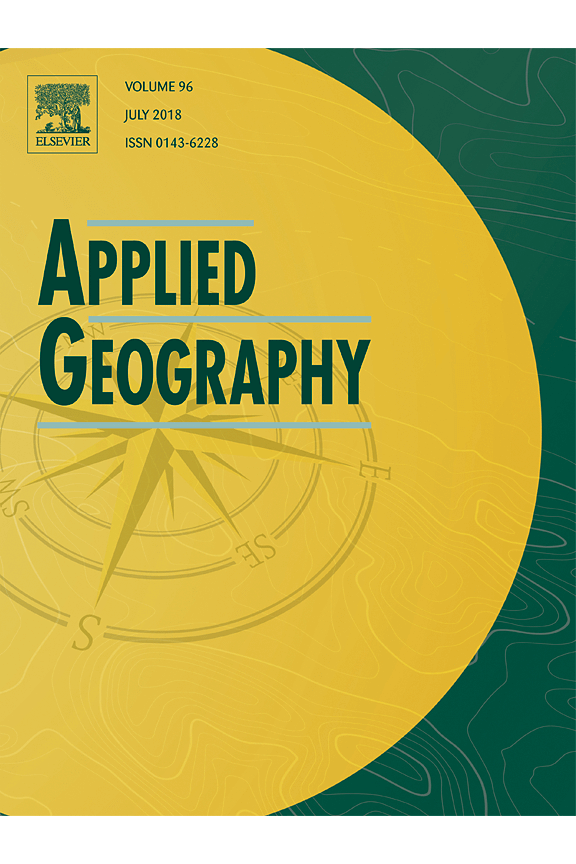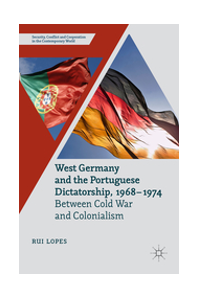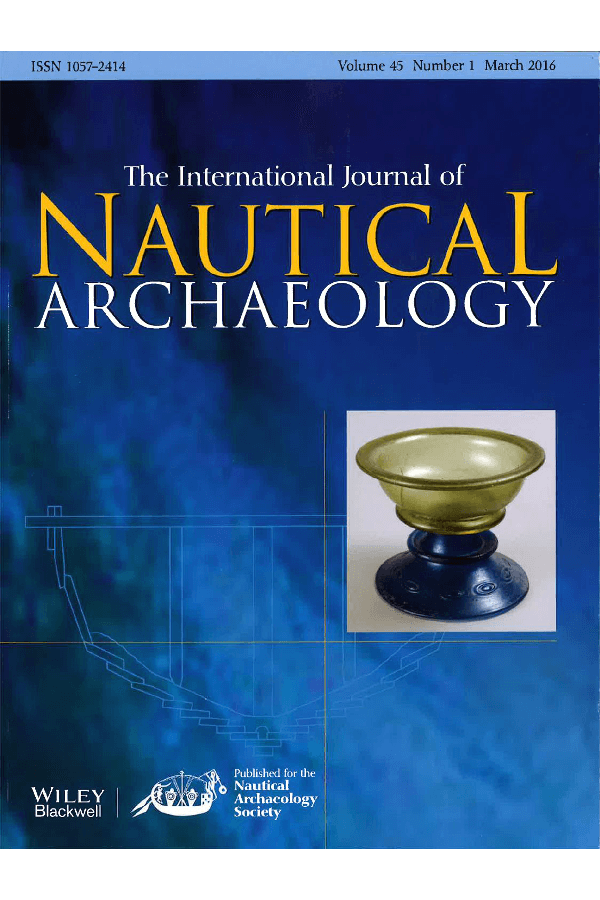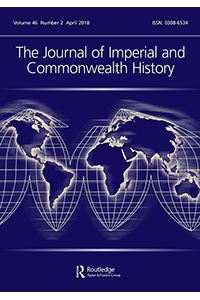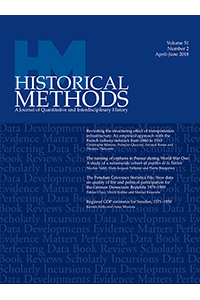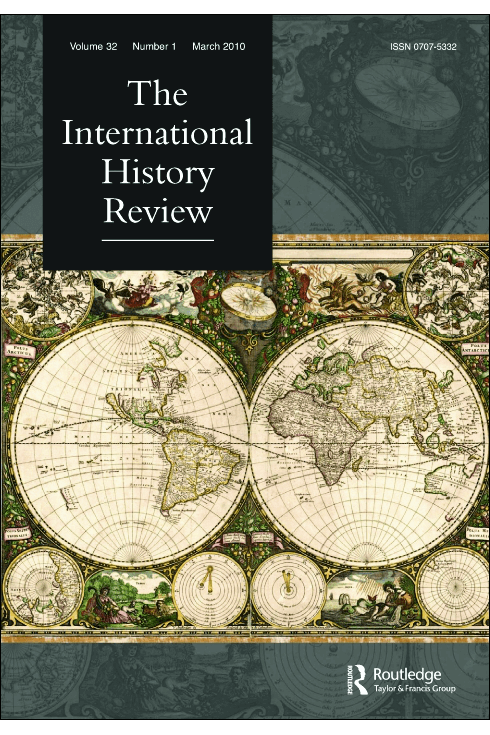
The Cultural Turn and Beyond in International History
Fev 27, 2018 | Artigos, Publicações

The Cultural Turn and Beyond in International History. Introduction
- Pedro Aires Oliveira, Bruno Cardoso Reis & Patrick Finney
- 2018
- The International History Review
- Volume 40, número 3
- 573-575
- Idioma: Inglês
- DOI: 10.1080/07075332.2018.1437762
- ISSN: 0707-5332 / 1949-6540 (online)
Introdução à secção especial “The Cultural Turn and Beyond in International History” [A viragem cultural e mais na História Internacional], coordenada pelos autores.
Excerto:
What then are the core aims of this collection? We intend to show in a very ecumenical way that taking into account the ideational and cultural dimensions of international history – even if only to show their imitations in understanding a given case – makes a lot of sense. Power and culture do not have to be seen as opposites or alternatives in examining the history of international relations. Power should not be seen in a unidimensional, simplistically materialist, way but rather as multidimensional. This is a fact increasingly recognised in the cognate discipline of International Relations (IR), so long dominated by materialist Realist approaches, as is made clear by the successful dissemination of the notion of ‘soft power’ coined by Joseph Nye.22. Joseph S. Nye Jr., Soft Power: The Means to Success in World Politics (New York: Public Affairs, 2004). See also Steven Lukes (ed), Power (New York: New York University Press, 1986) and Steven Lukes, Power: A Radical View, 2nd rev. ed. (New York: Palgrave Macmillan, 2005). Indeed, IR has witnessed its own cultural turn with the rise of Constructivist thinking which seems to place greater value on the potential contribution of history to the understanding of global politics and raises important questions for the research agenda of international history.33. Examples of foundational texts of this approach are Nicholas Onuf, World of Our Making: Rules and Rule in Social Theory and International Relations (Columbis, SC: University of South Carolina Press, 1989); Alexander Wendt, ‘Anarchy is What States Make of It: The Social Construction of Power Politics’, International Organization, xlvi (1992), 391–425. An influential volume containing a number of examples of the importance of an historical turn in the Constructivist research agenda is Peter J. Katzenstein (ed), The Culture of National Security: Norms and Identity in World Politics (New York: Columbia University Press, 1996). Debating whether there is an historical turn in IR and whether this could and should be seen as an opportunity for greater collaboration between IR and international history is not our primary purpose here, though we are sympathetic to this view. These two overlapping fields of study have traditionally been separated by strong disciplinary boundaries; even if these boundaries serve certain legitimate purposes and make some sense, they should not be absolute barriers to greater mutual interaction.
Outras Publicações
Pesquisa
Agenda
novembro , 2025
Tipologia do Evento:
Todos
Todos
Apresentação
Ciclo
Colóquio
Conferência
Congresso
Curso
Debate
Encontro
Exposição
Inauguração
Jornadas
Lançamento
Mesa-redonda
Mostra
Open calls
Outros
Palestra
Roteiro
Seminário
Sessão de cinema
Simpósio
Workshop
- Event Name
seg
ter
qua
qui
sex
sab
dom
-
-
-
-
-
1
2
3
4
5
6
7
8
9
10
11
12
13
14
15
16
17
18
19
20
21
22
23
24
25
26
27
28
29
30
Não Existem Eventos
Notícias
IHC na Semana da Ciência e Tecnologia 2025
Nov 19, 2025
As duas actividades propostas pelo IHC concentram-se no dia 25 de Novembro.
IHC acolhe oito novos bolseiros e bolseiras de doutoramento
Nov 18, 2025
O IHC apoiou candidaturas a quatro concursos de Bolsas de Investigação para Doutoramento diferentes
Isabel Baltazar premiada no Reino Unido
Nov 17, 2025
Isabel Baltazar foi galardoada nos International Educational Awards

































